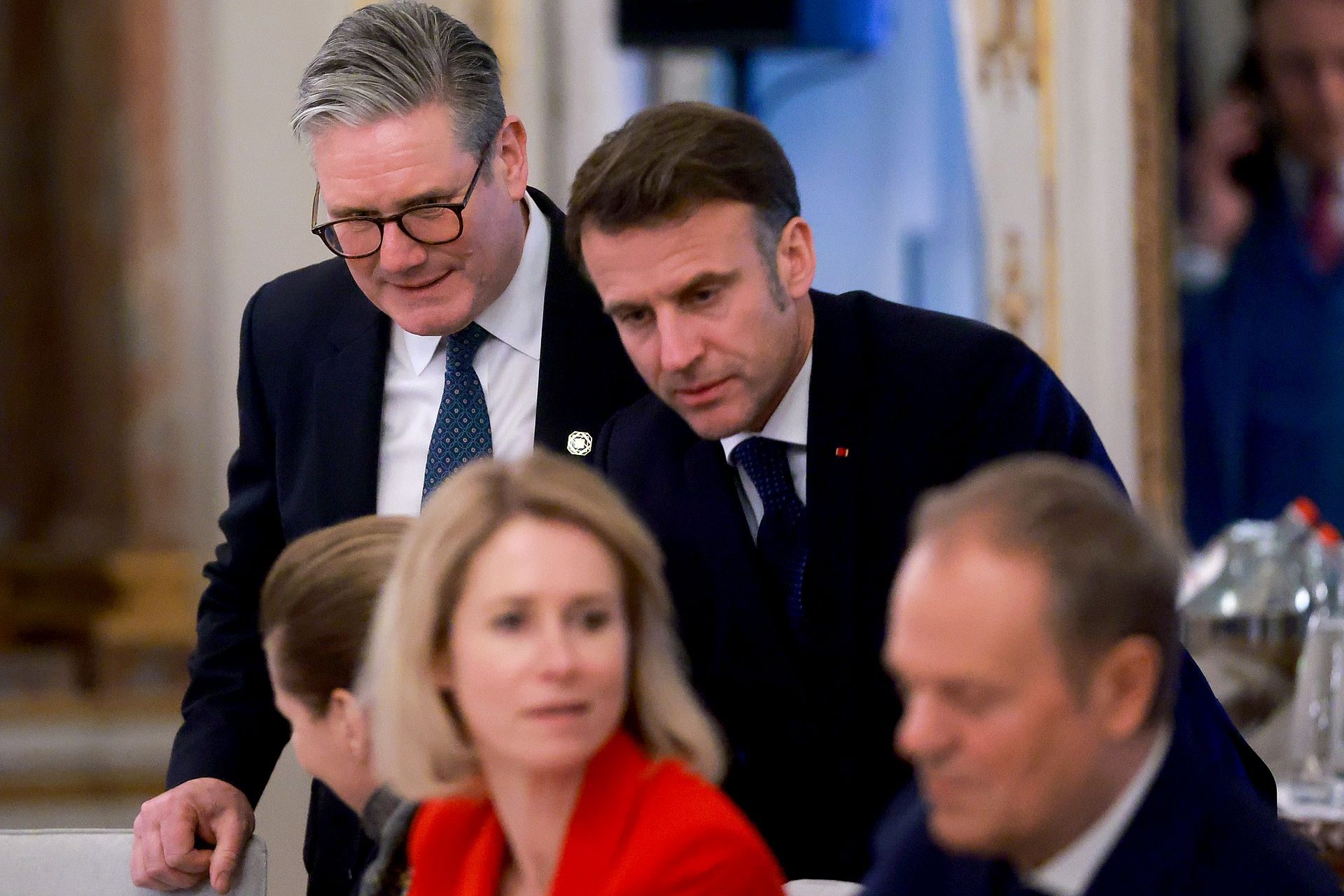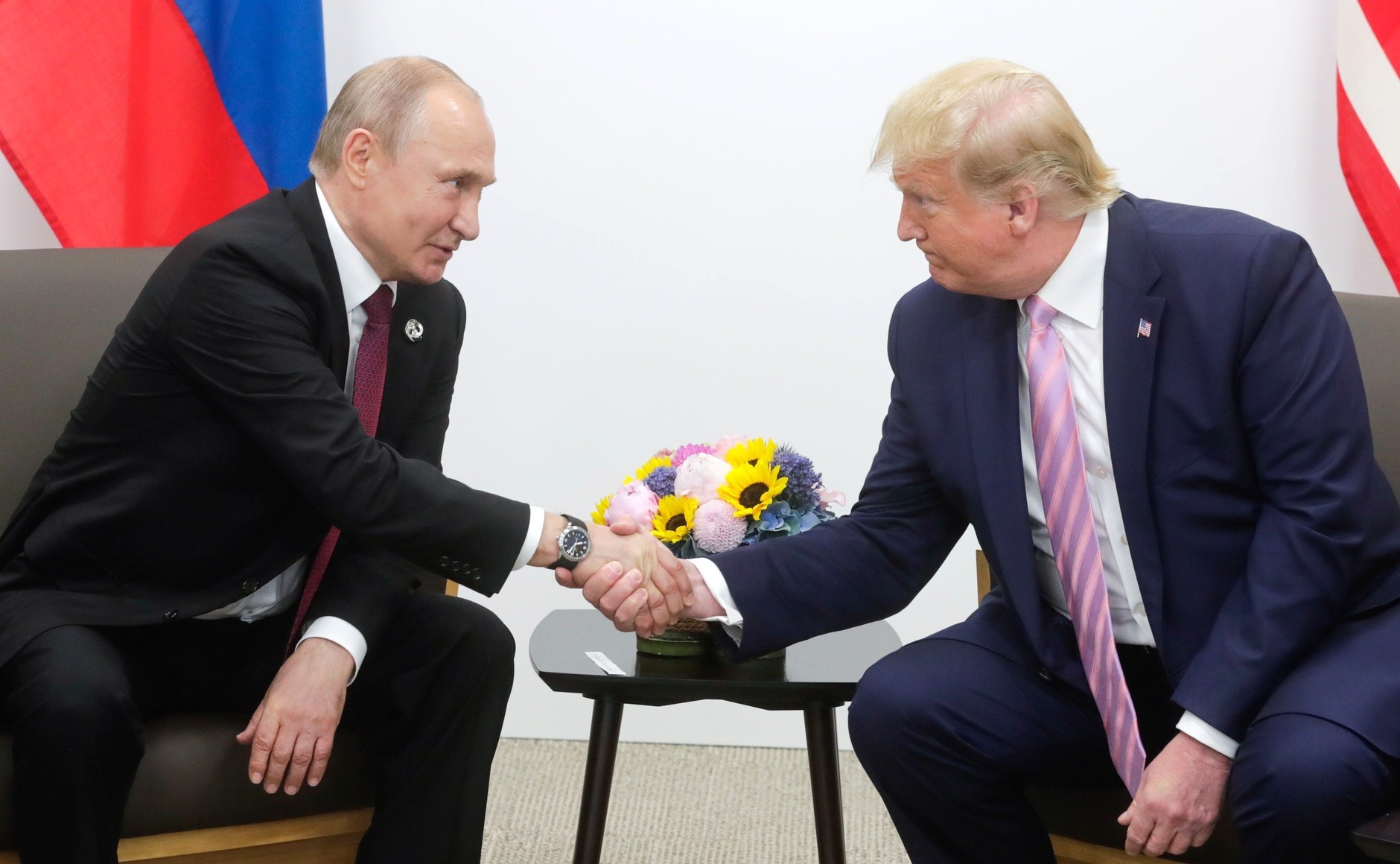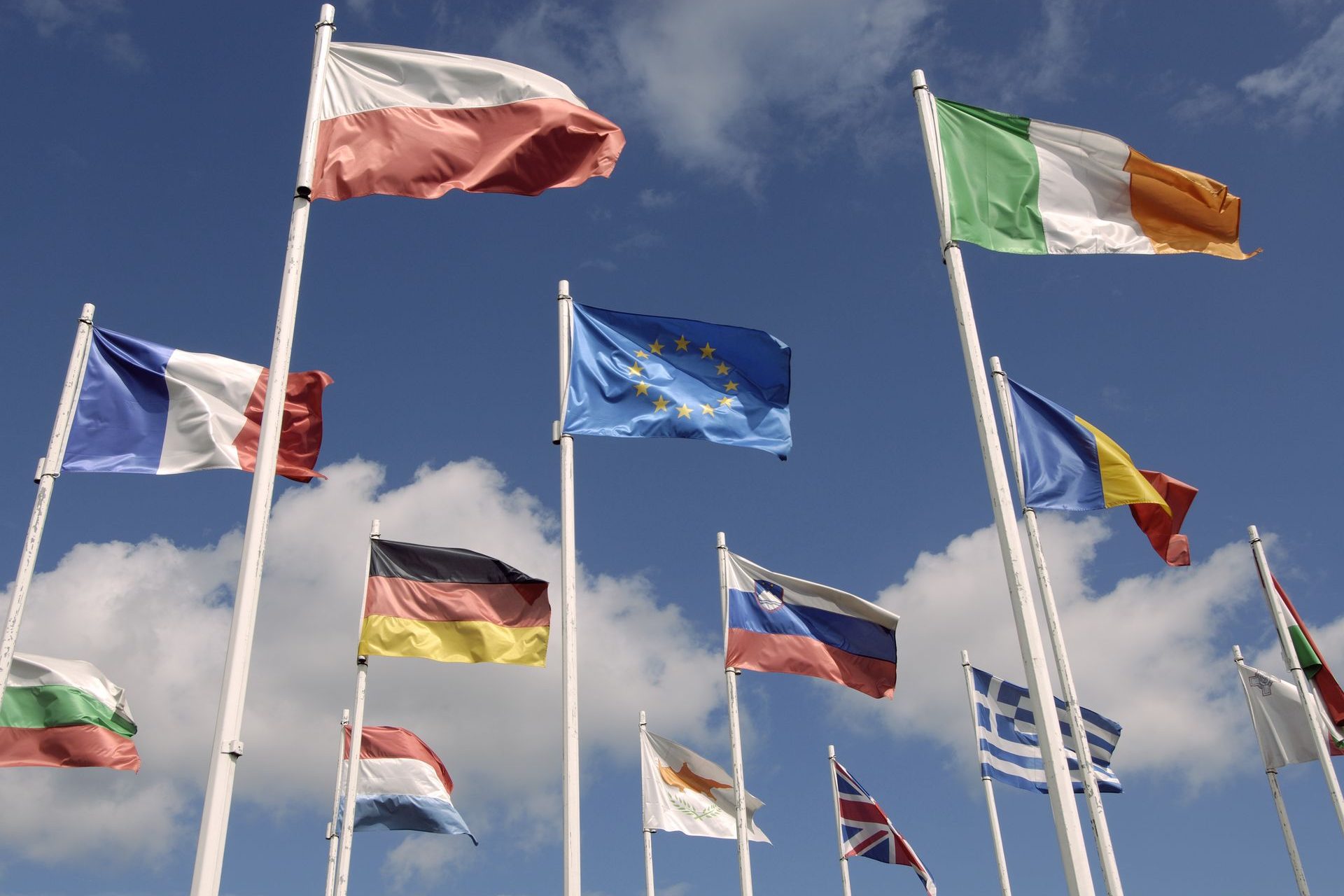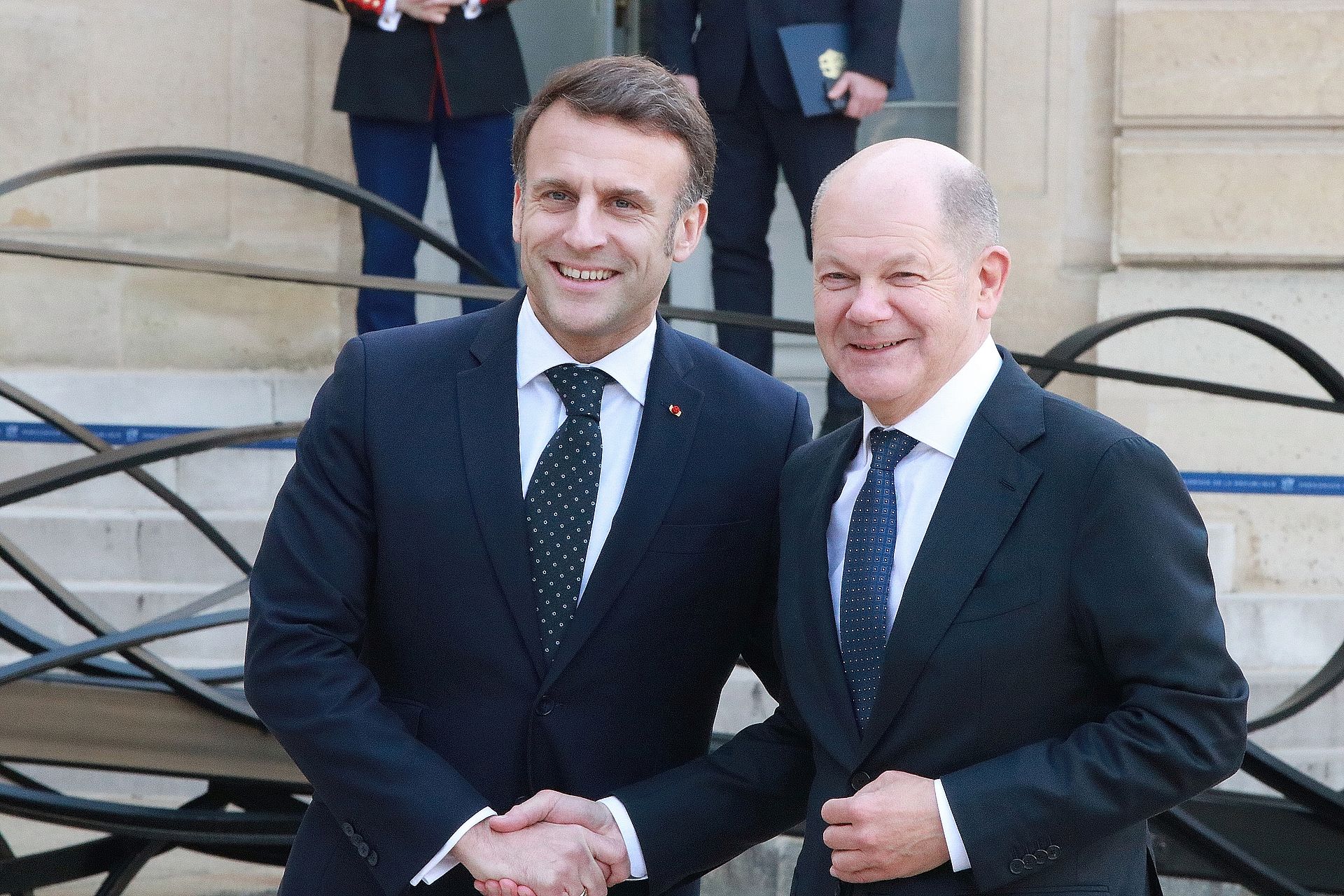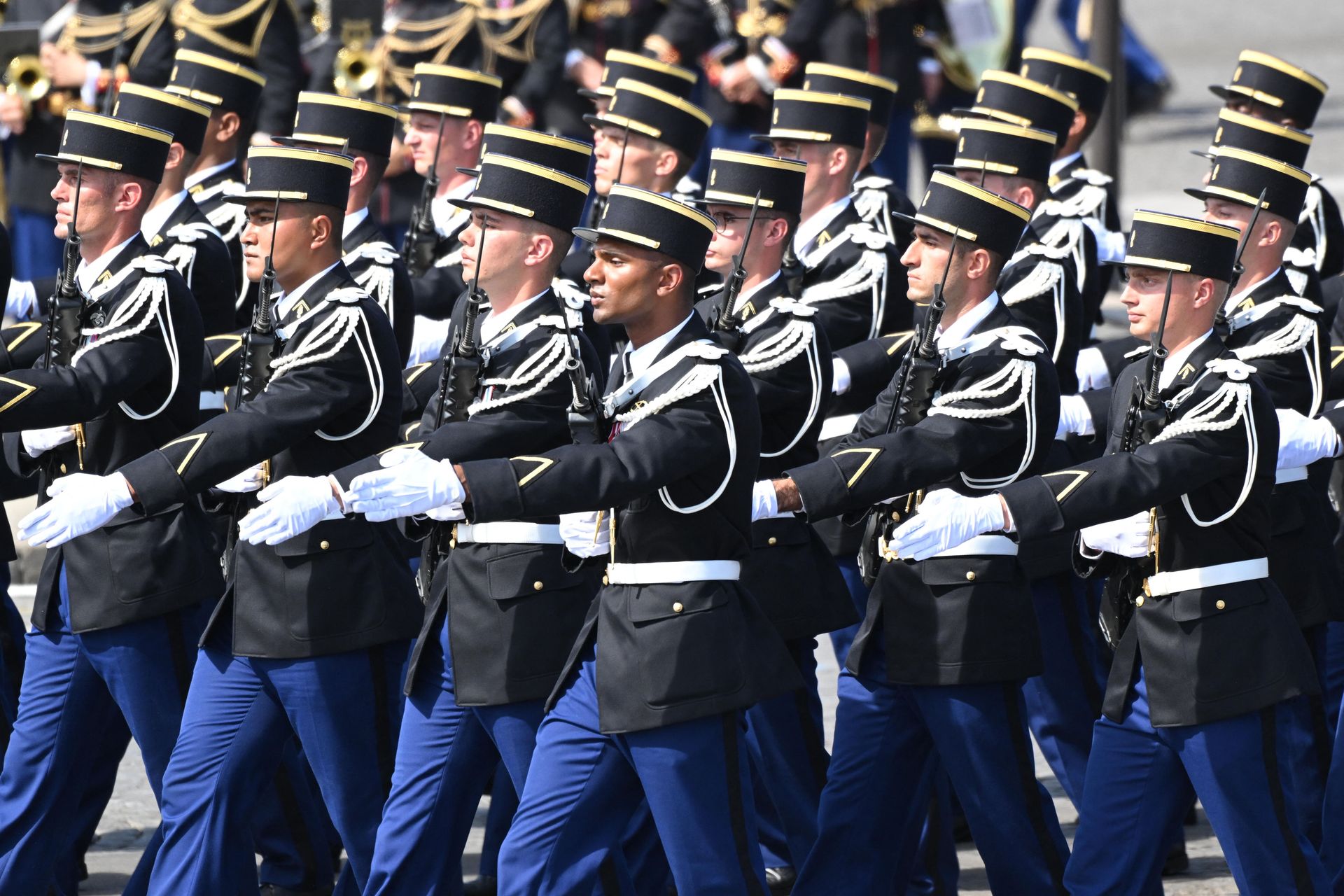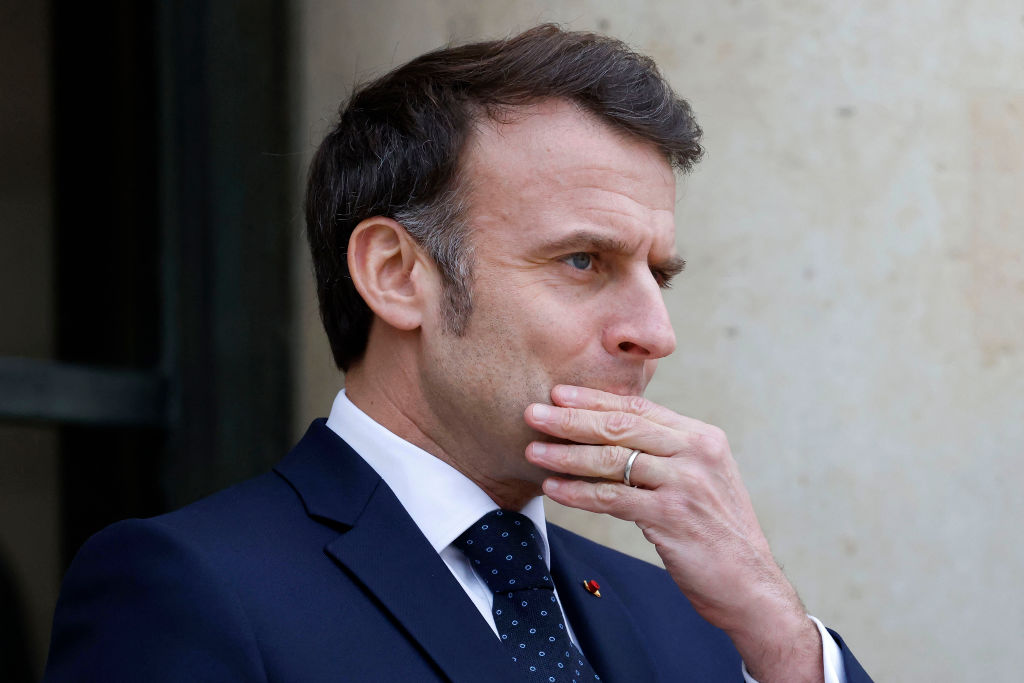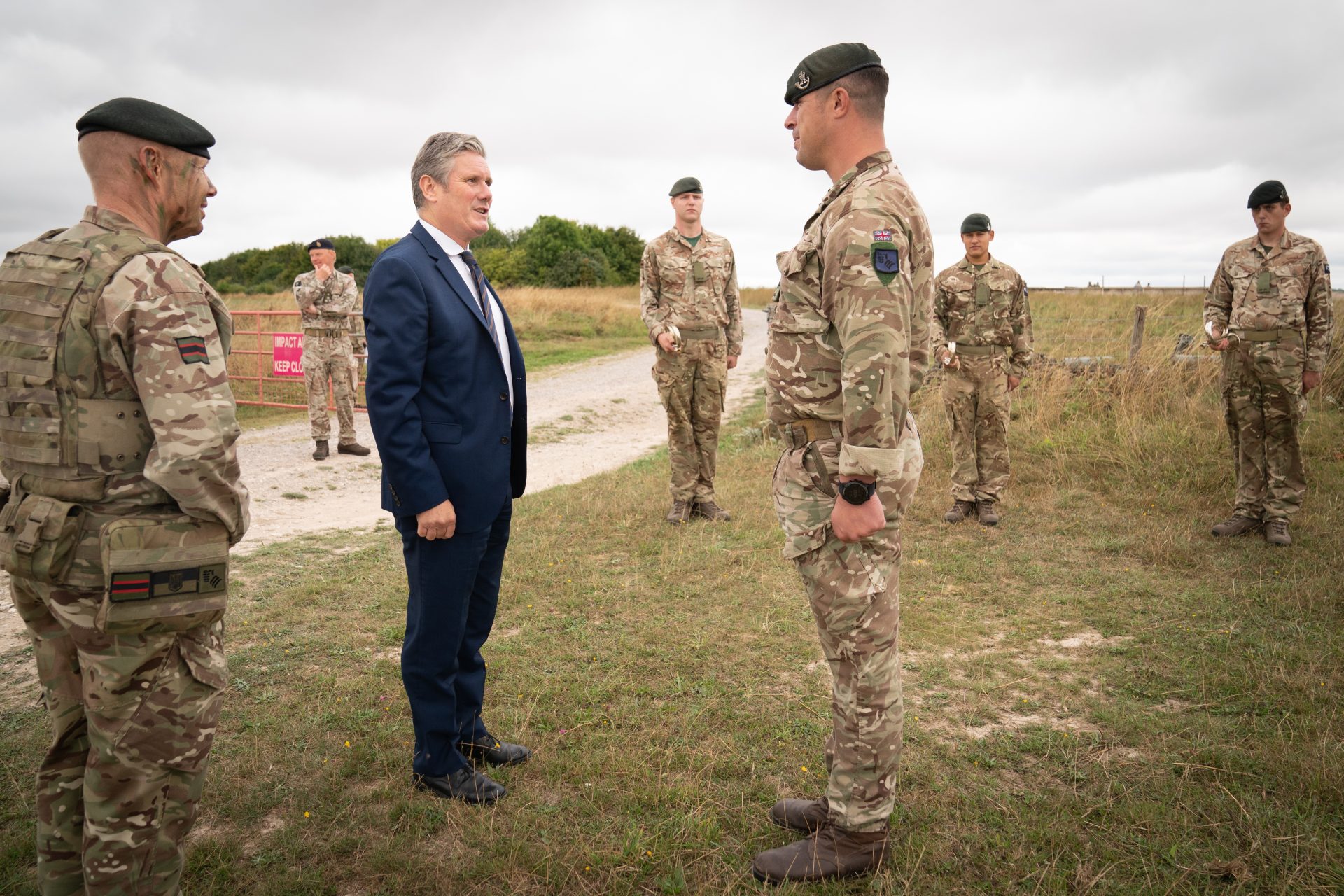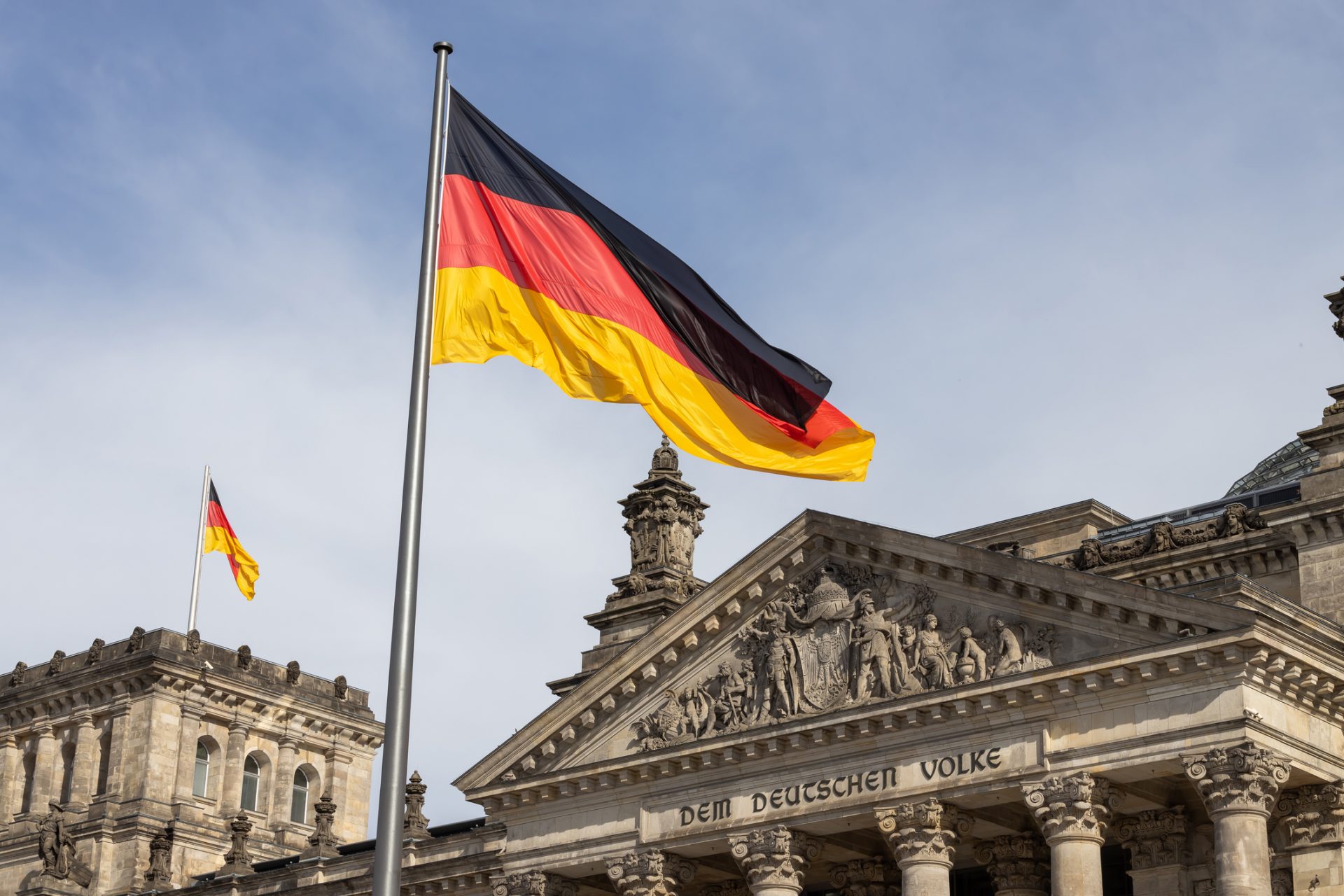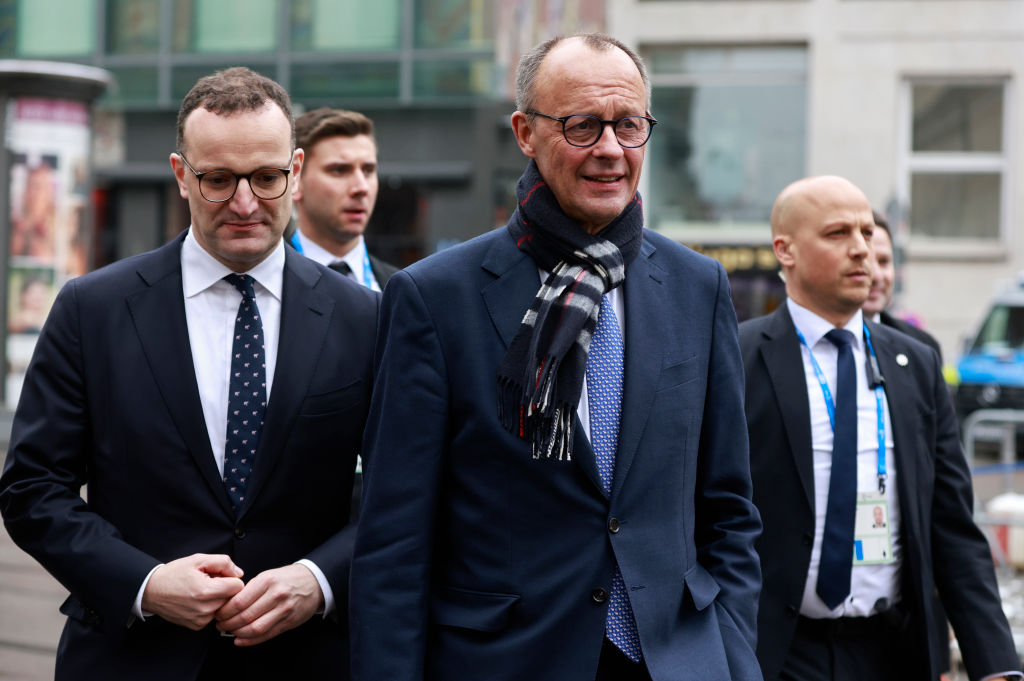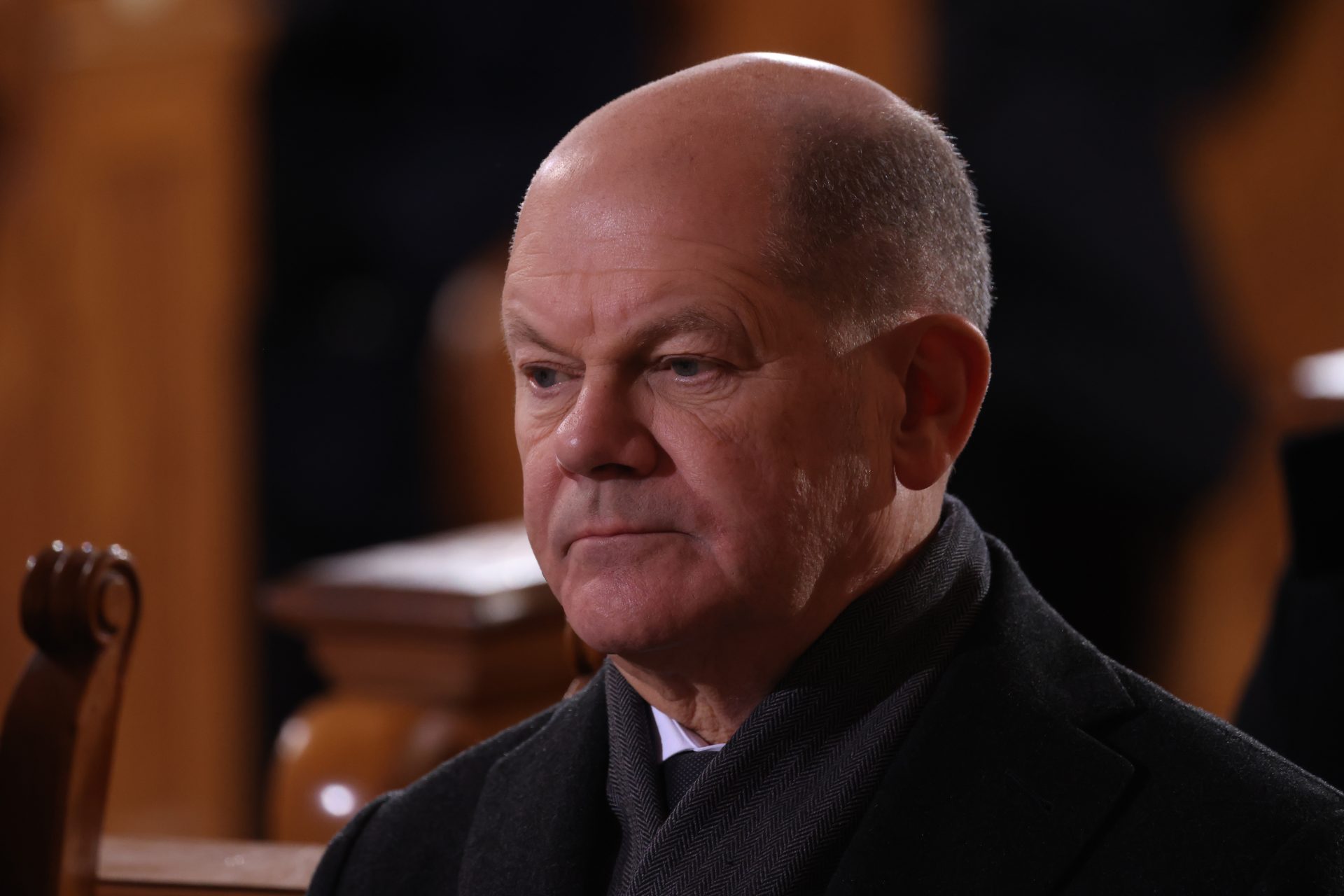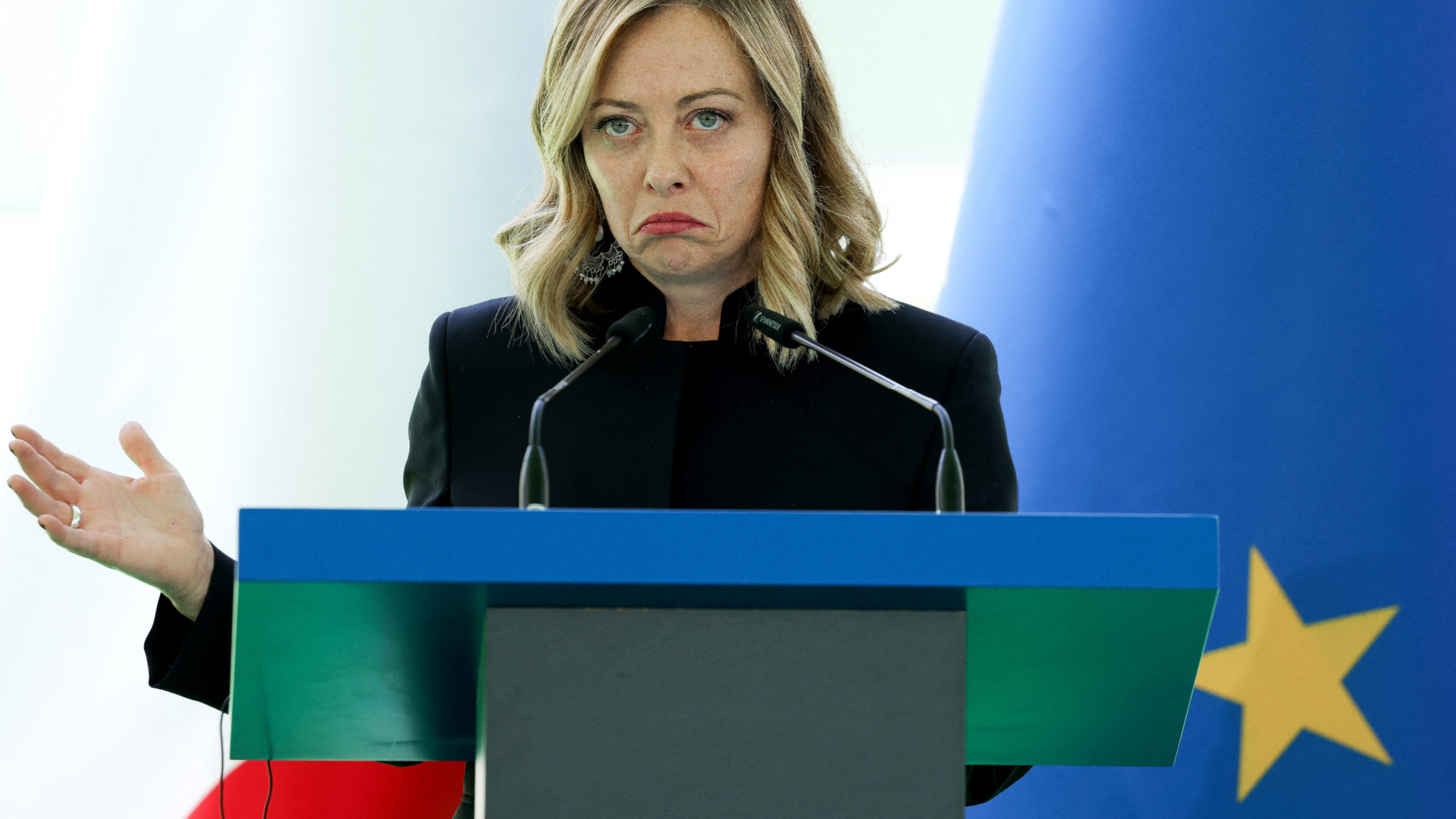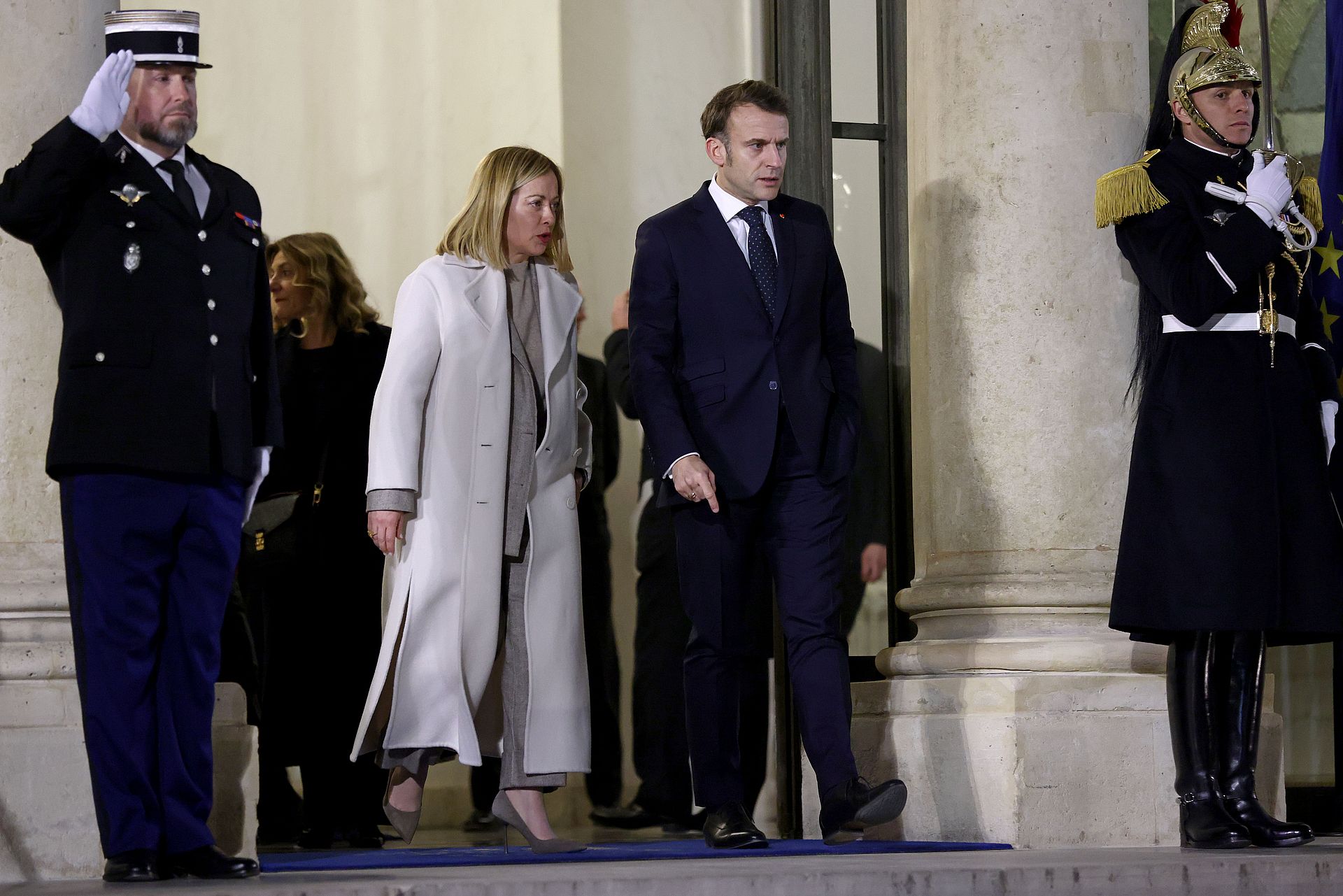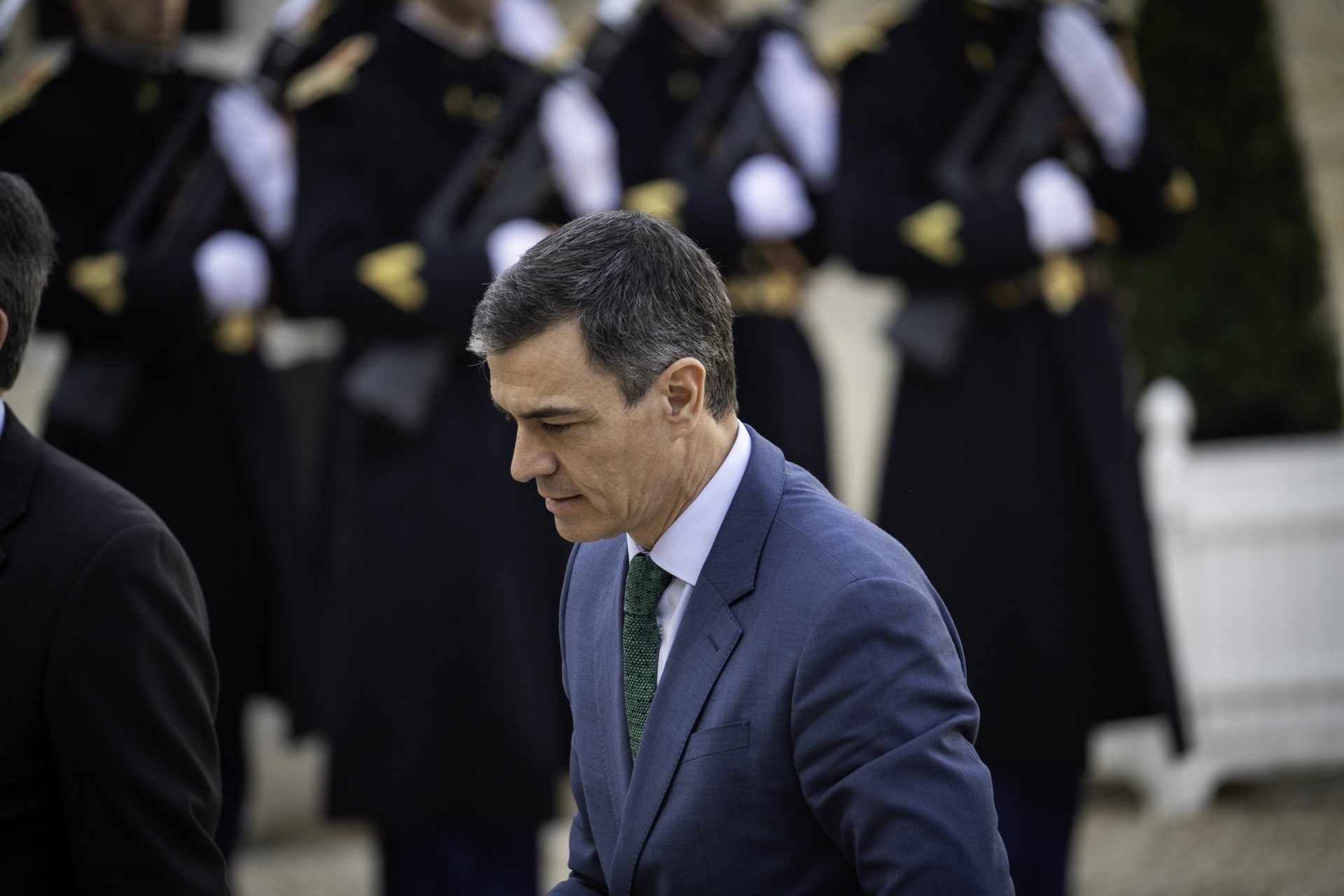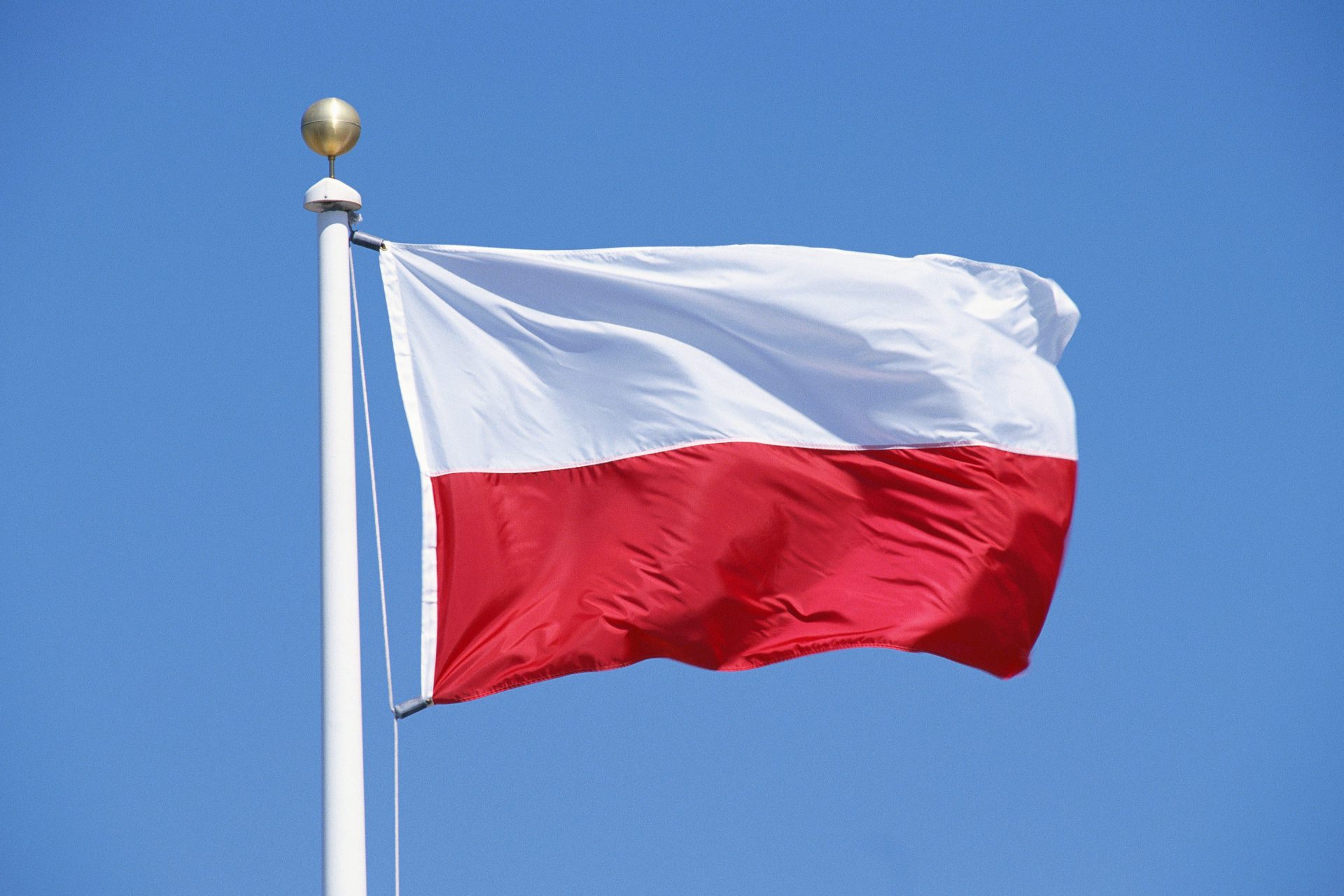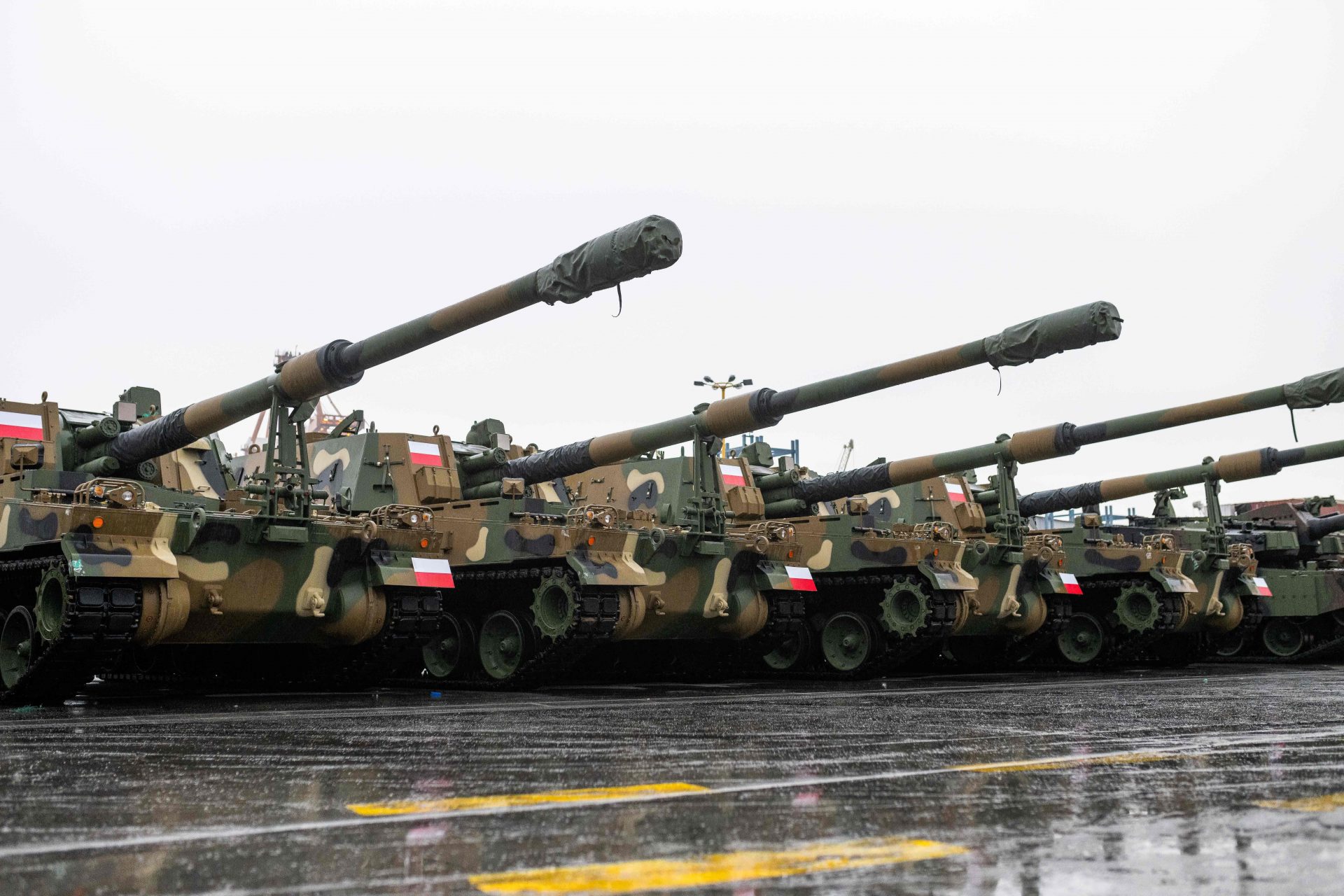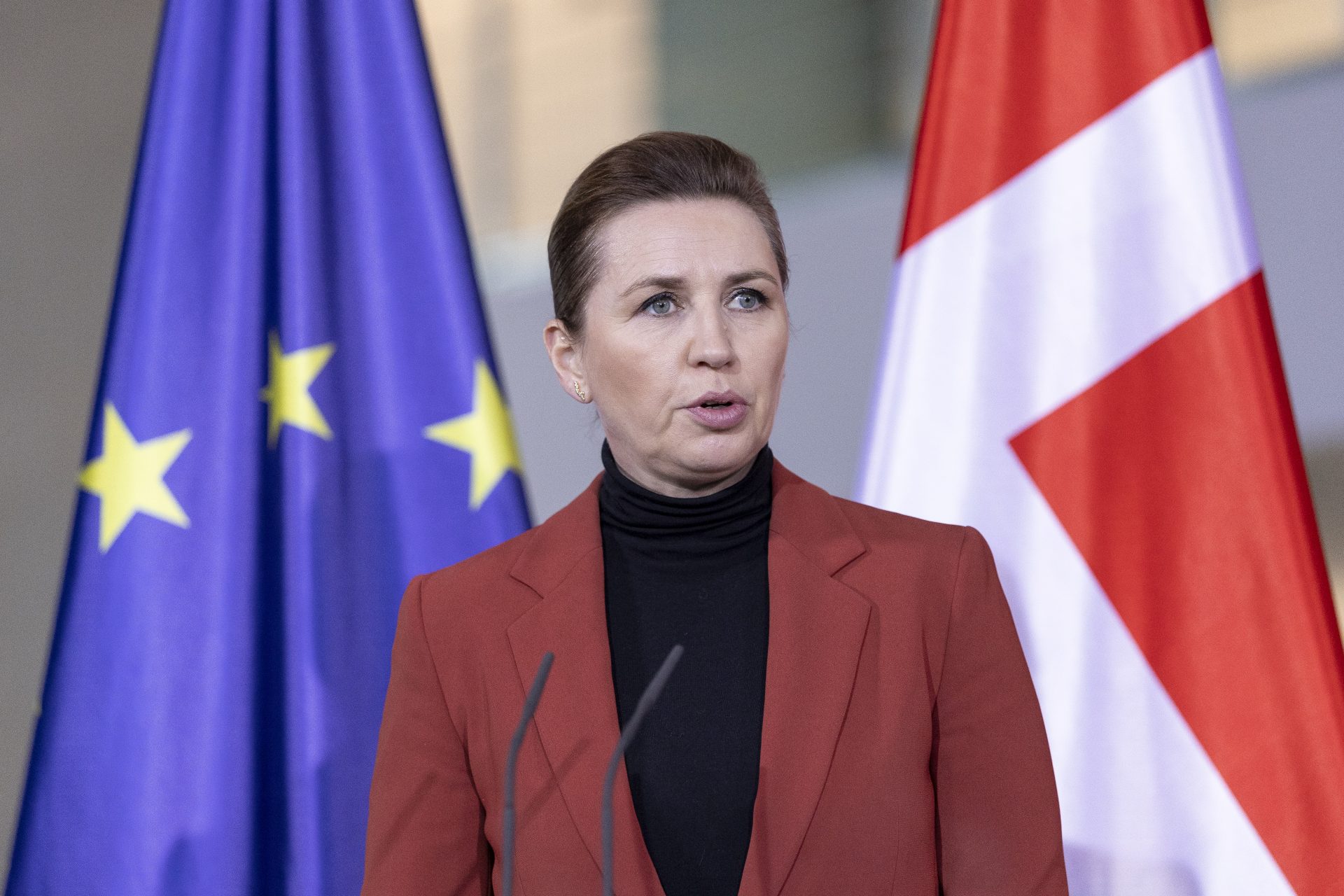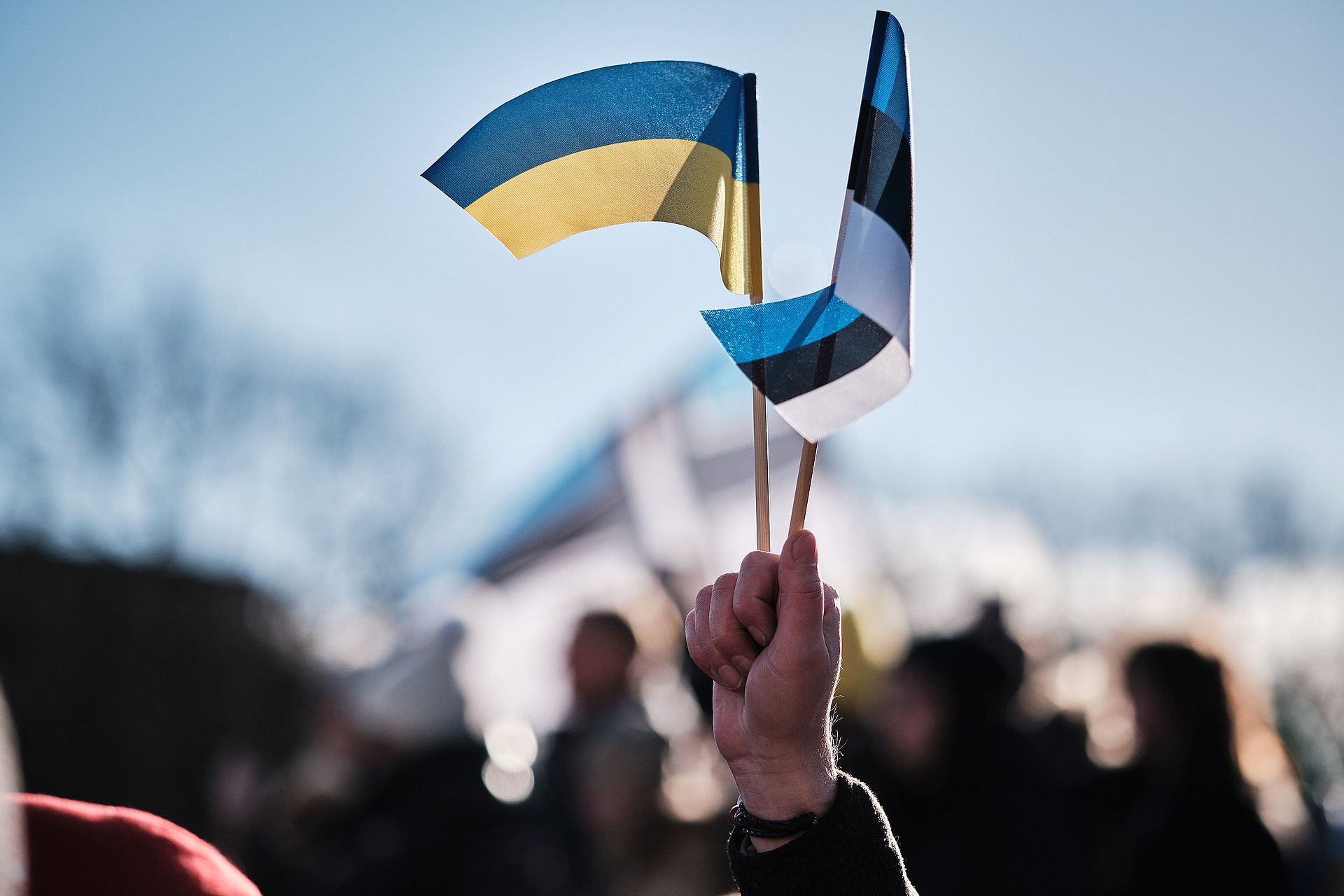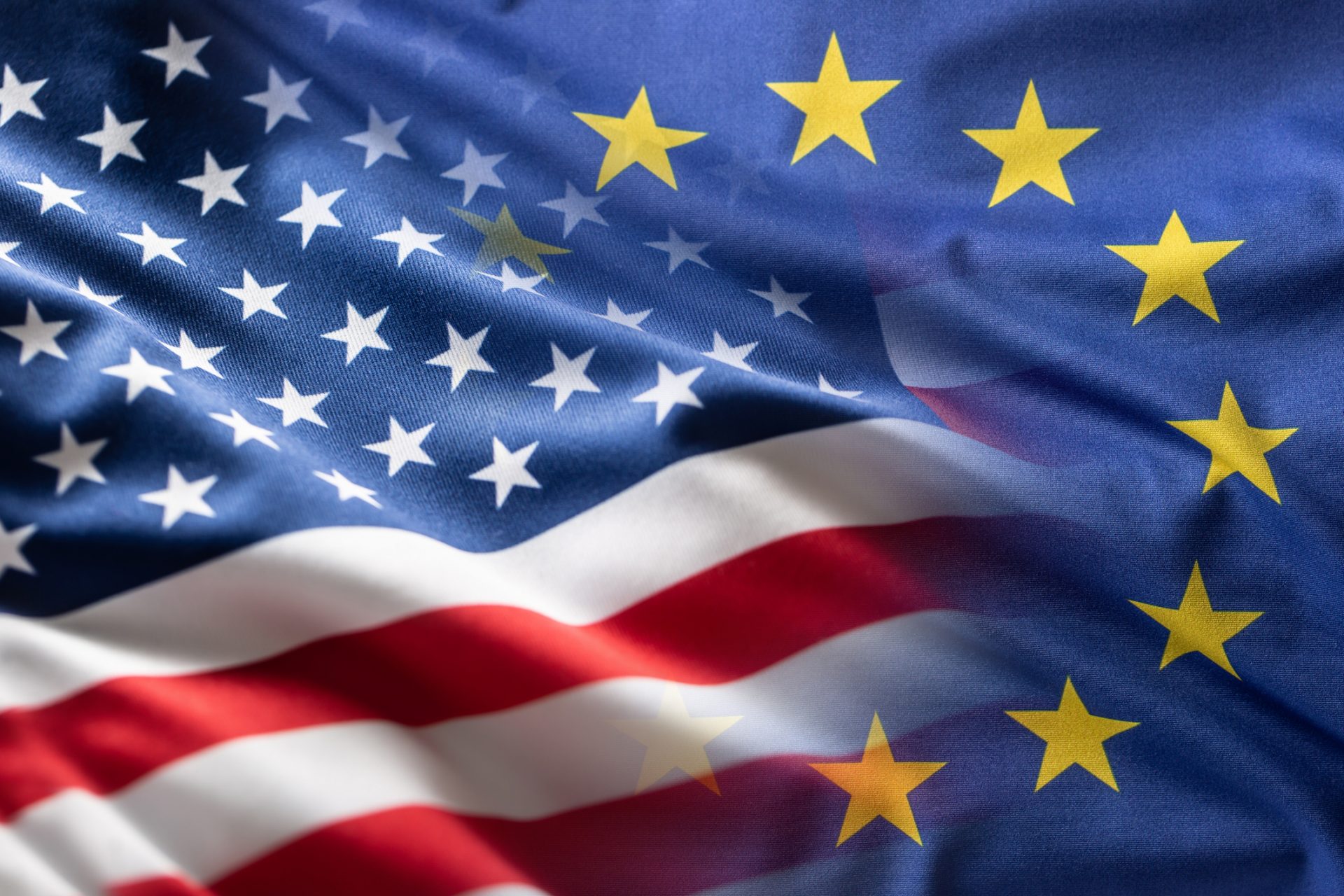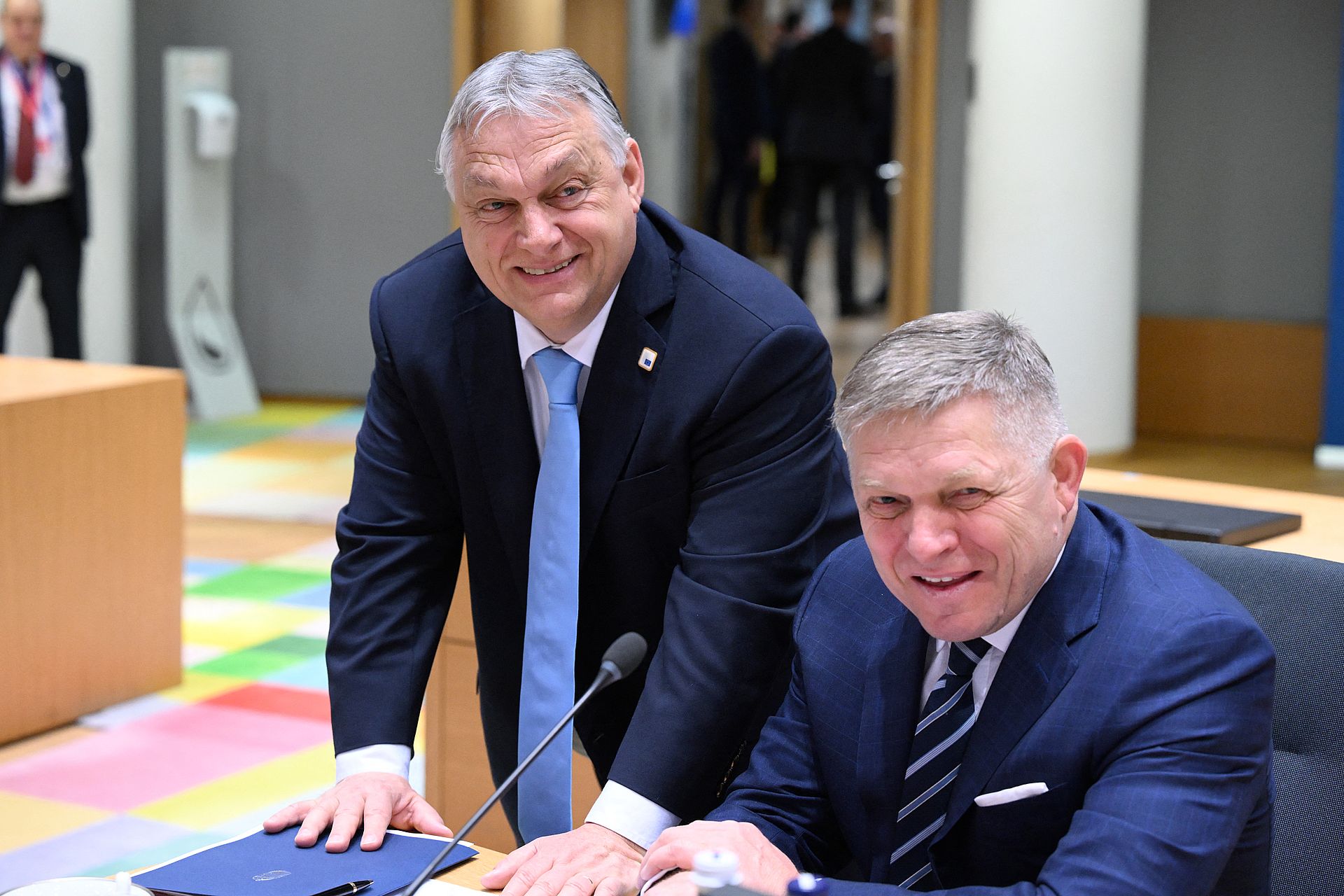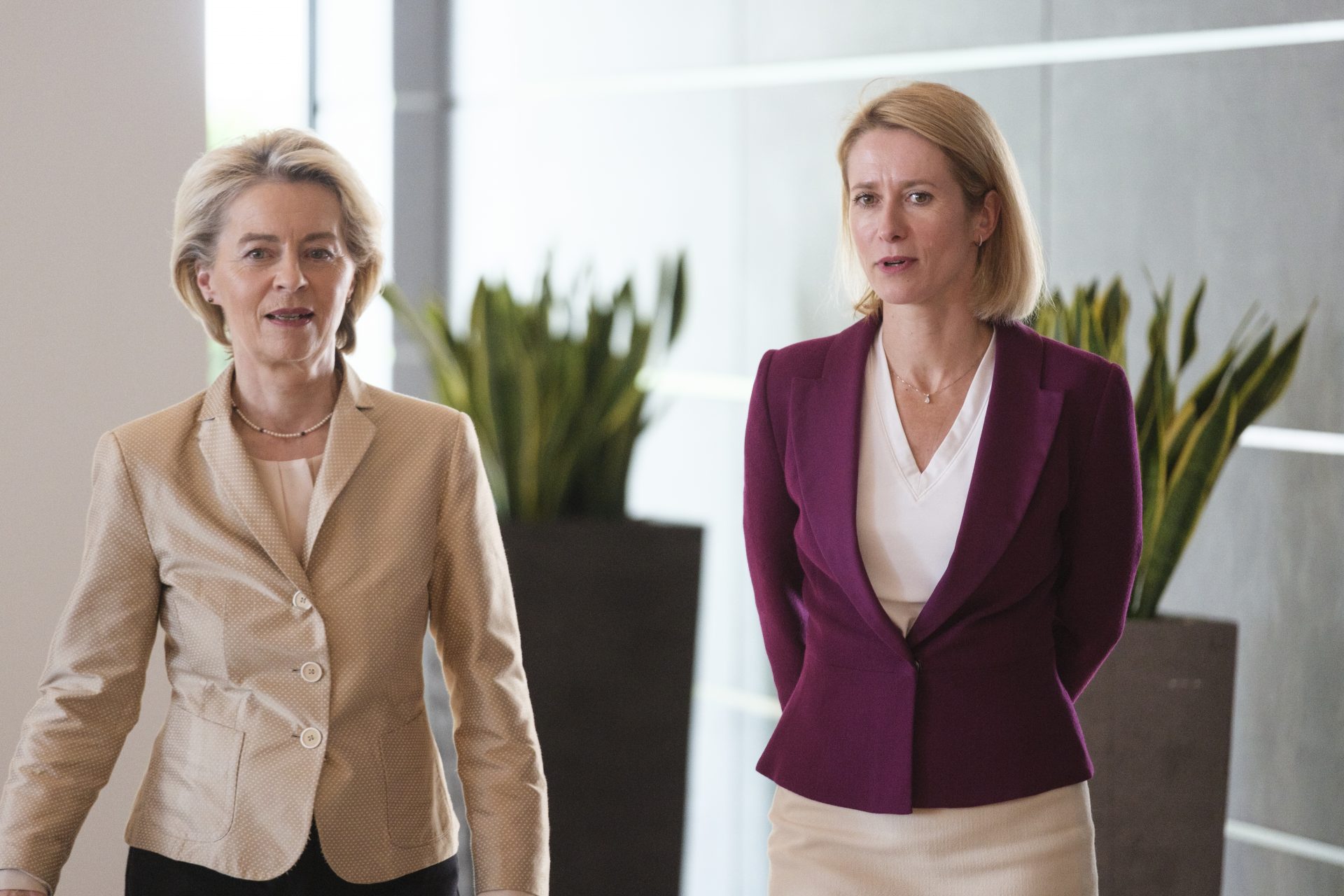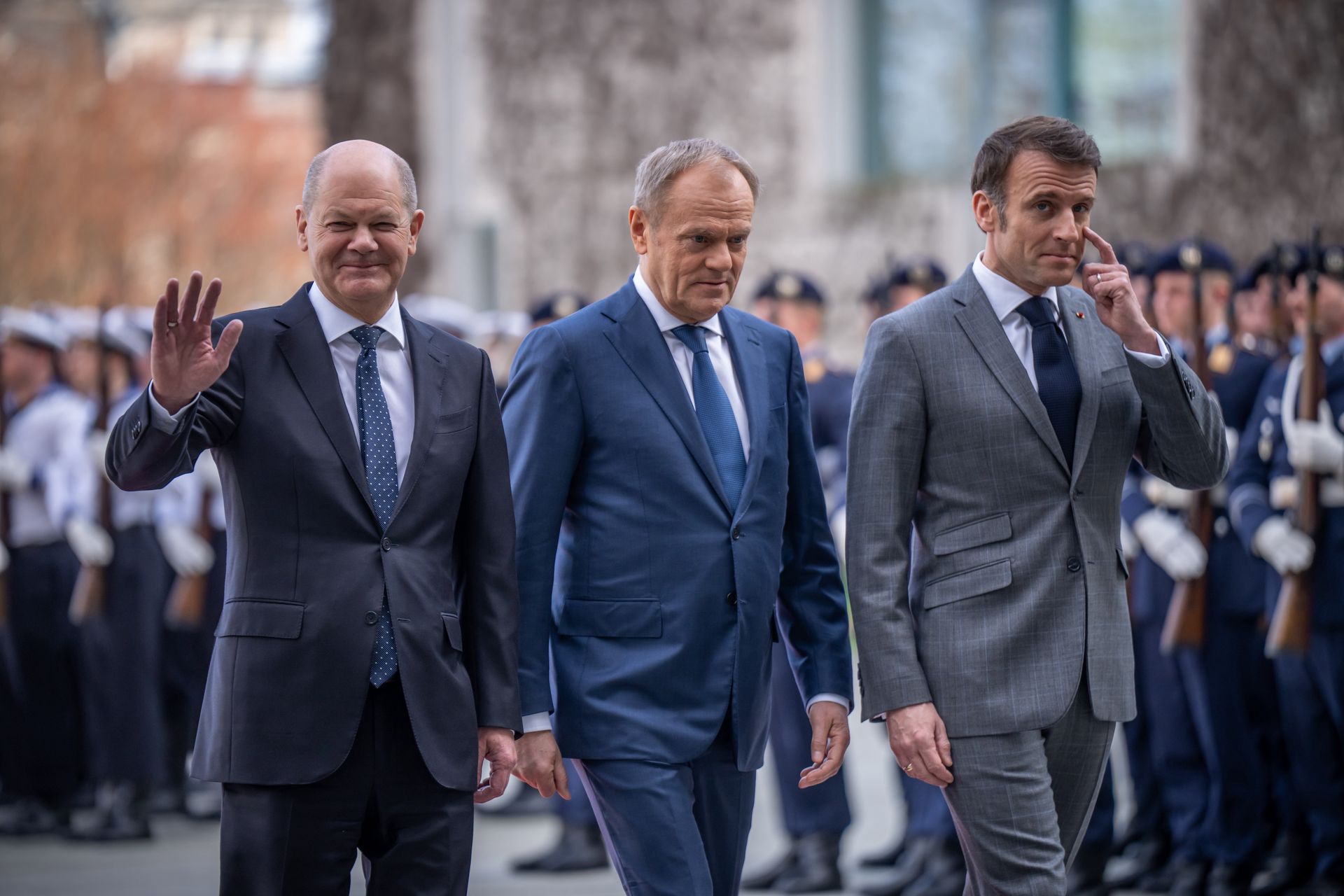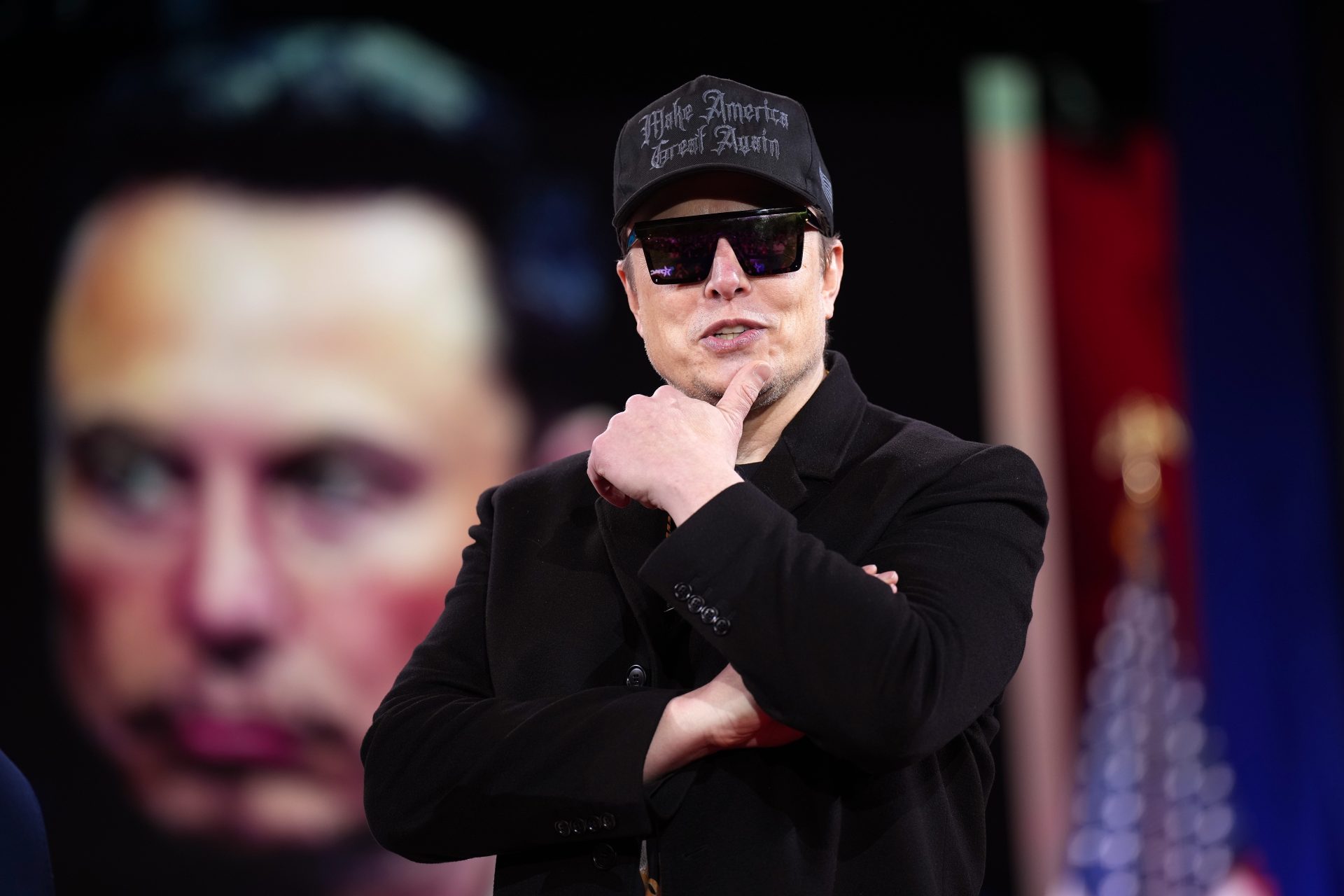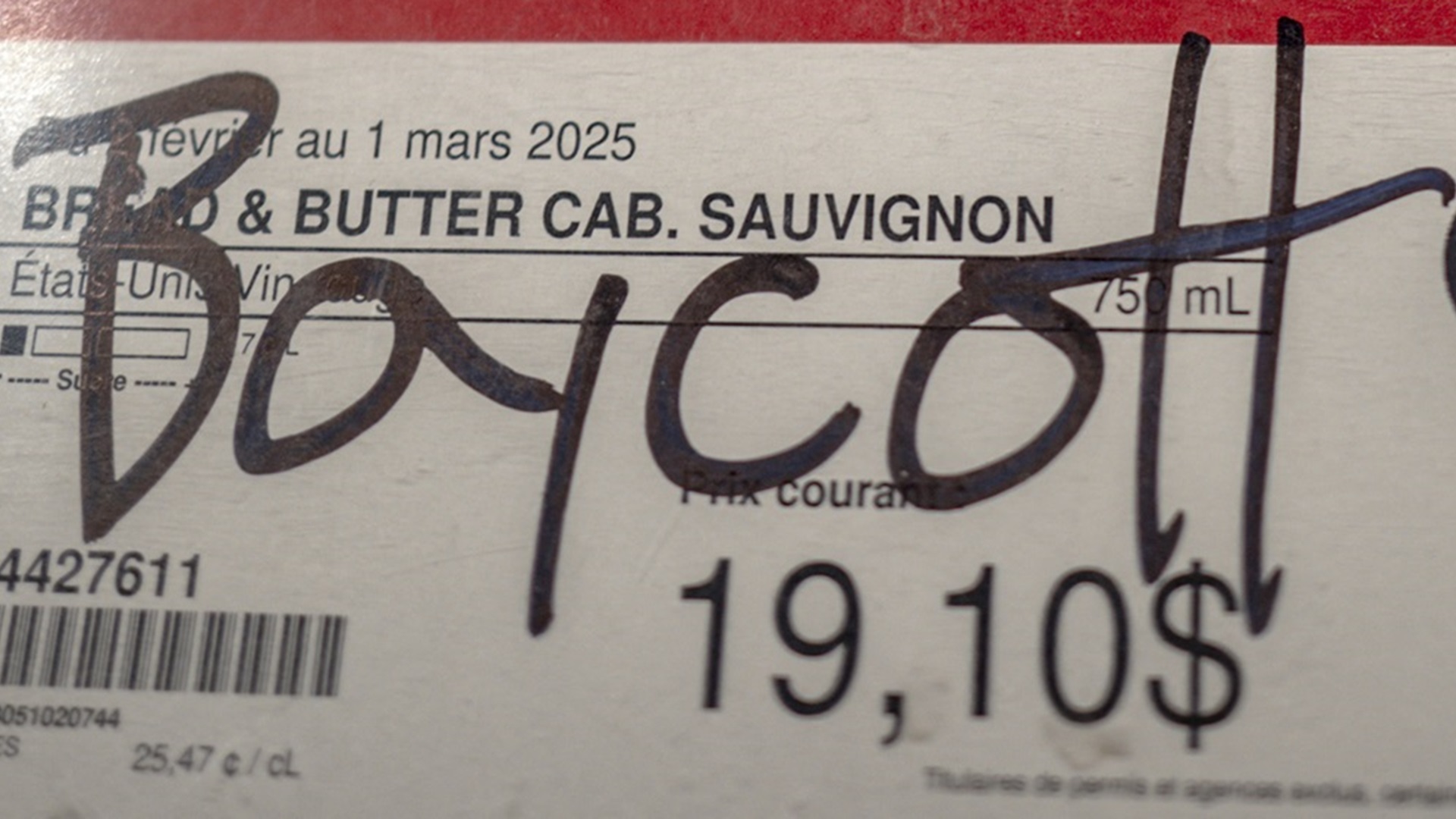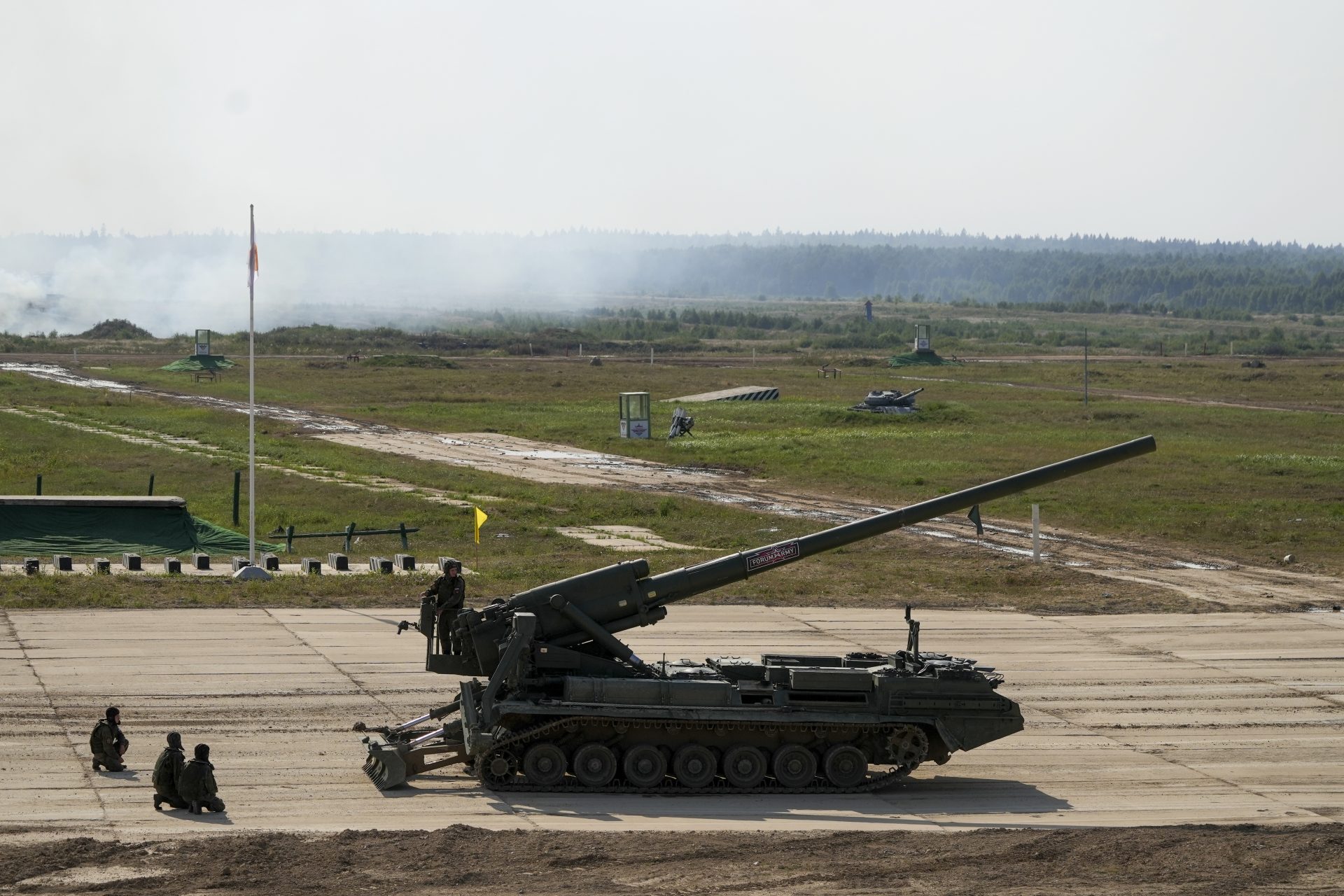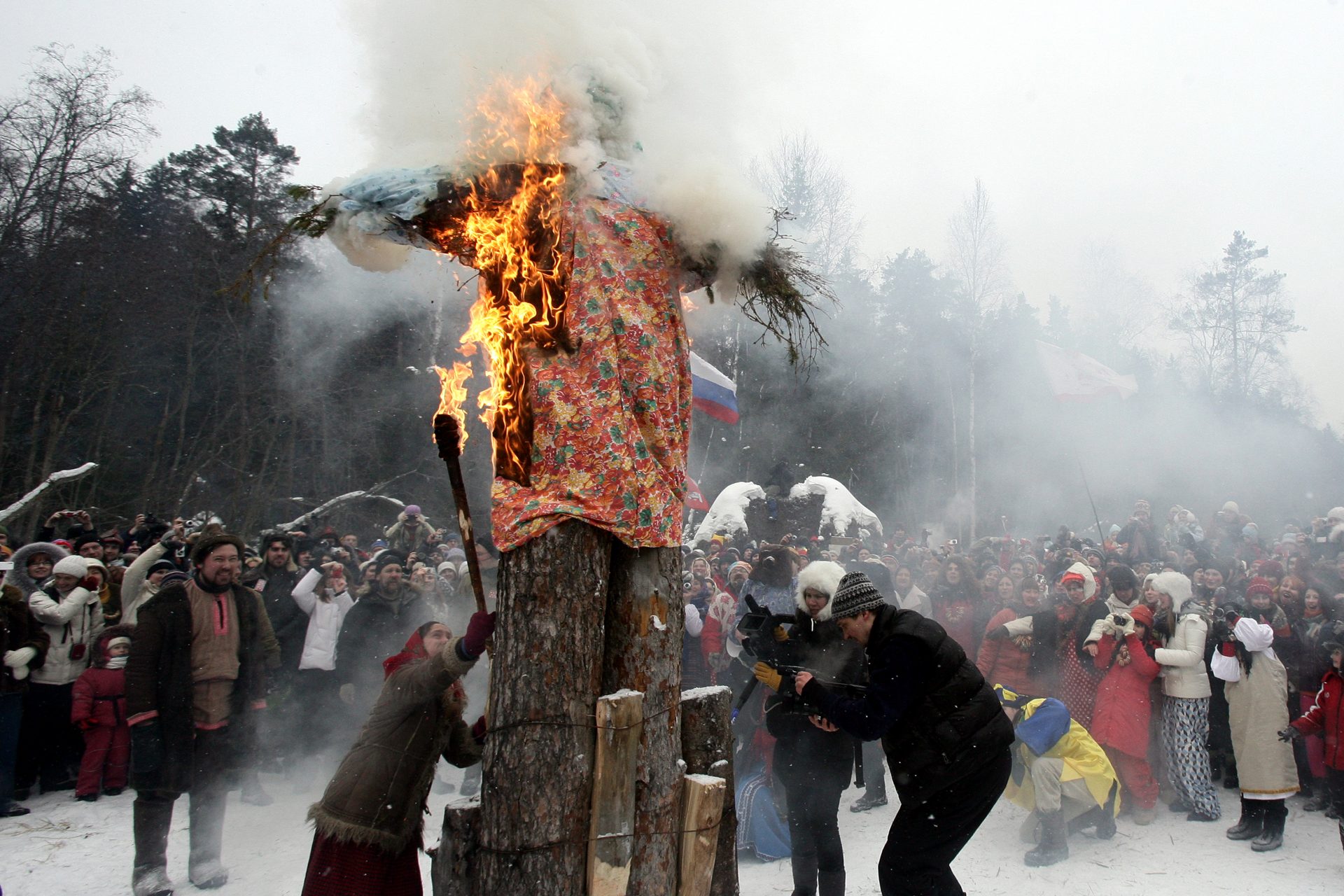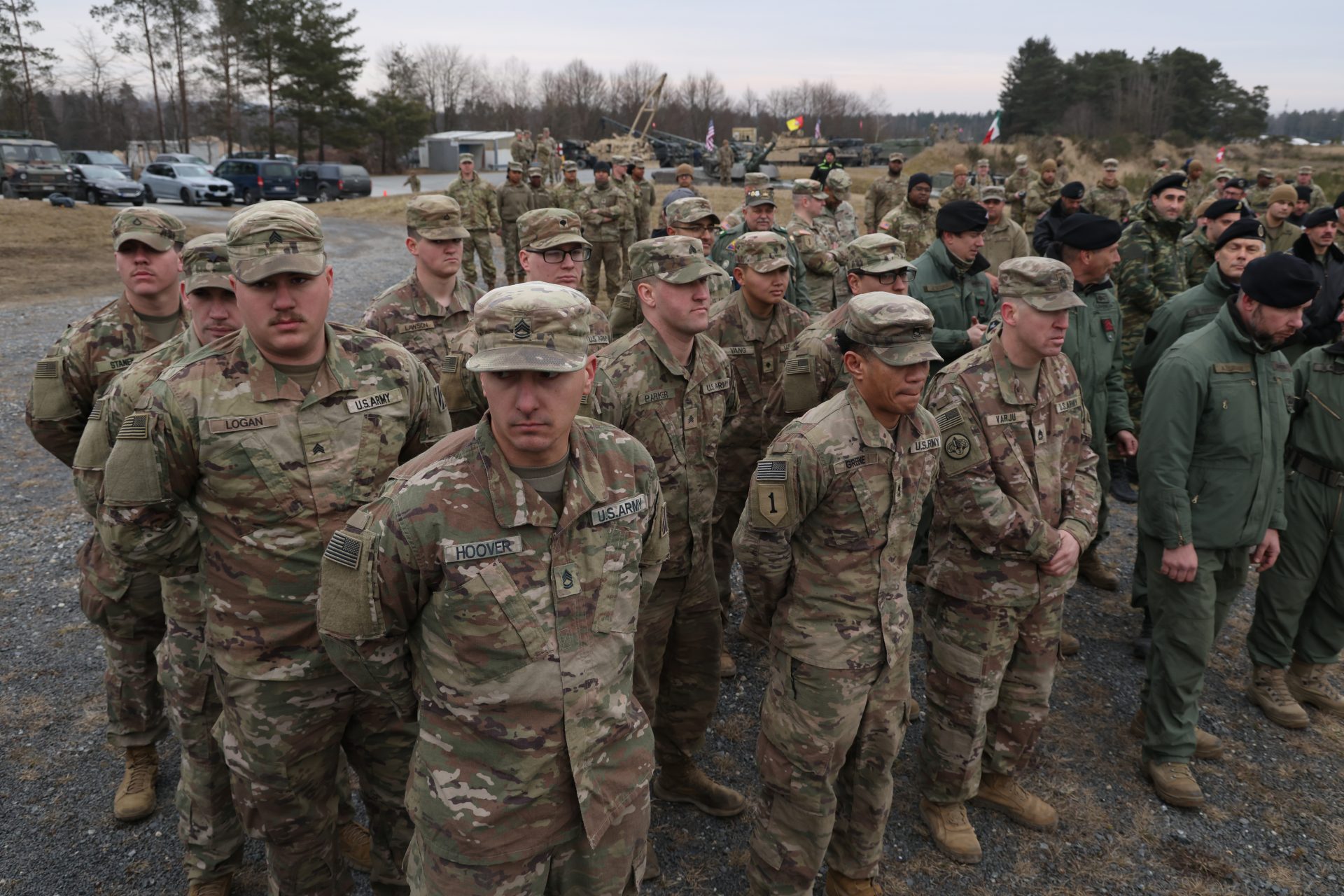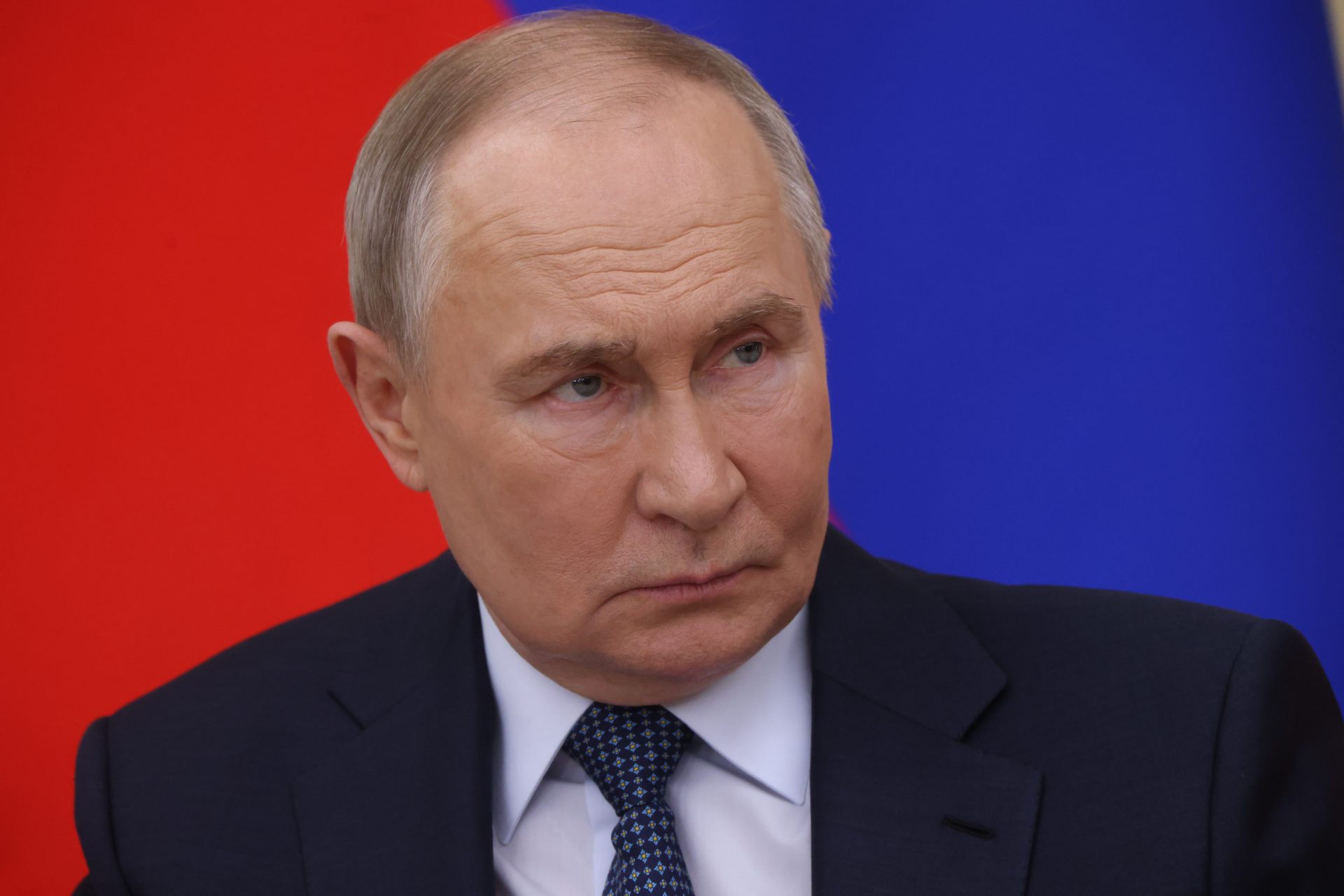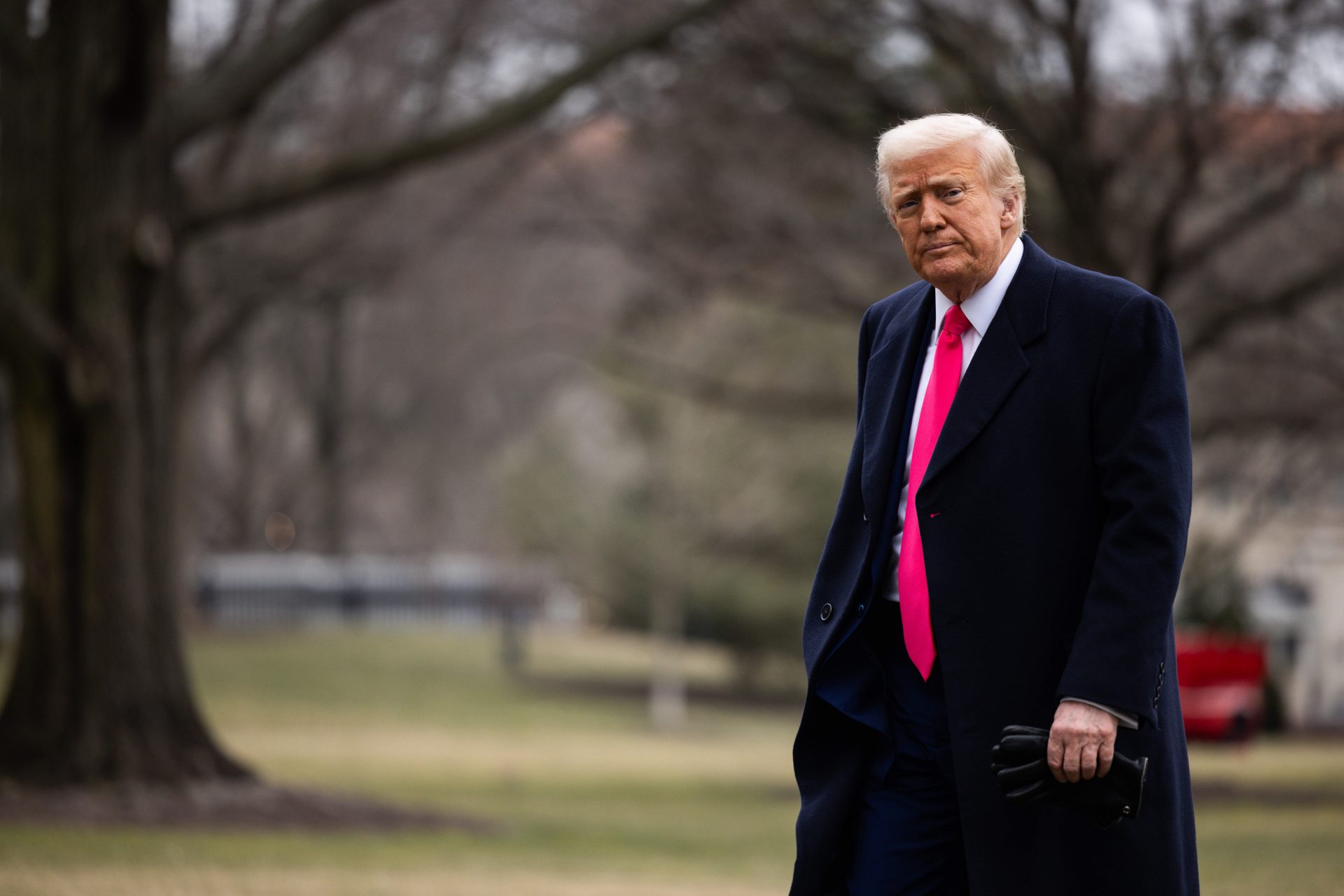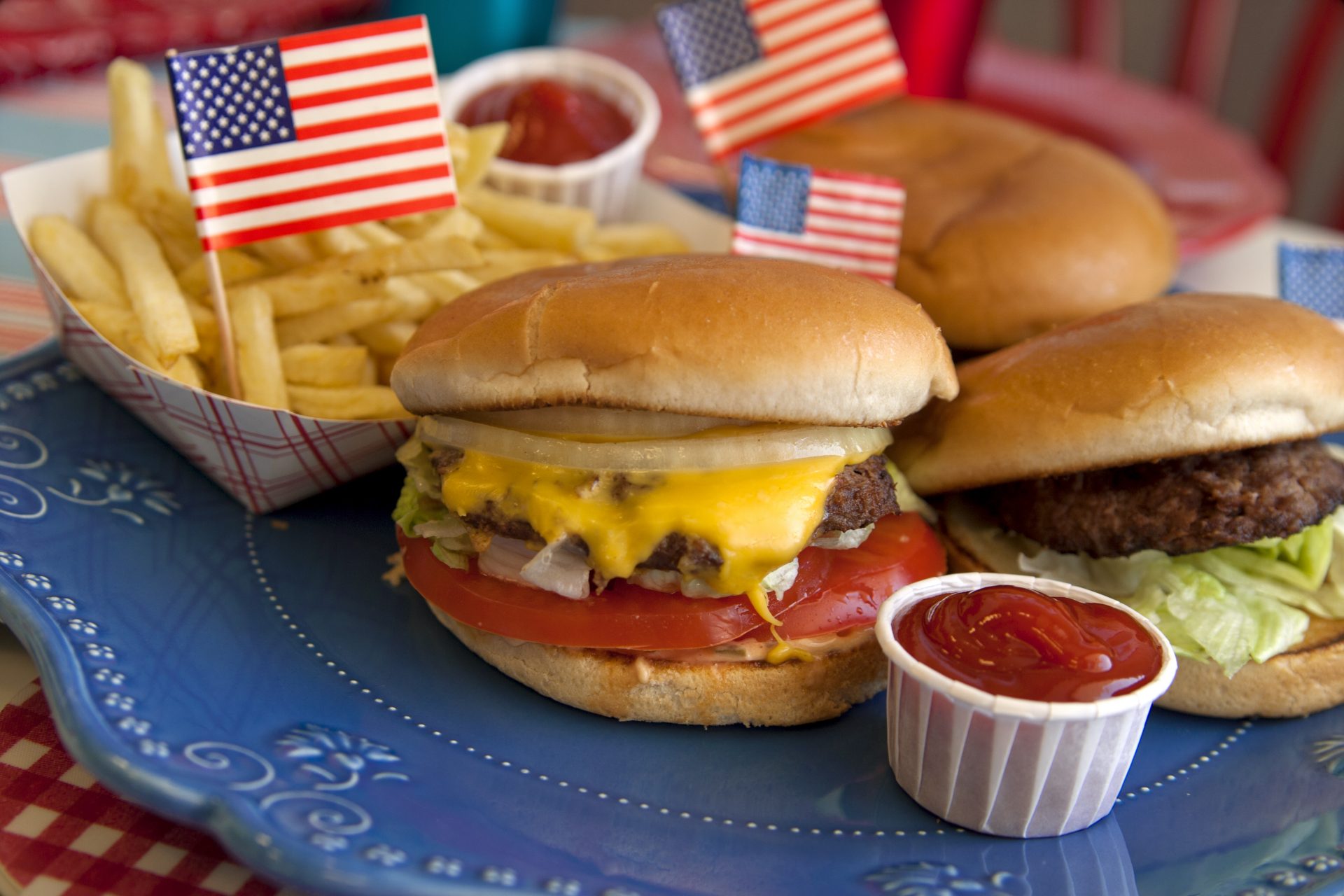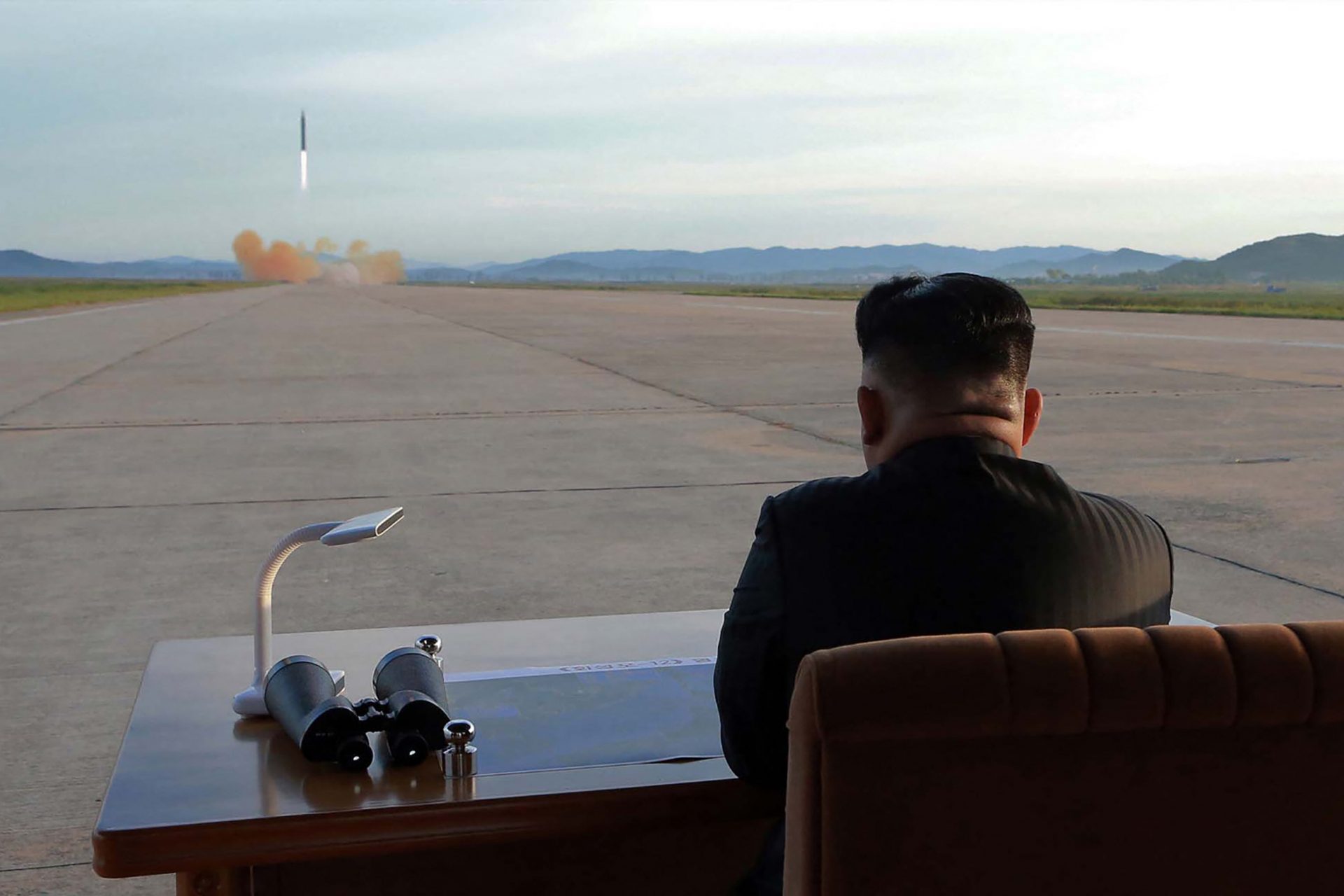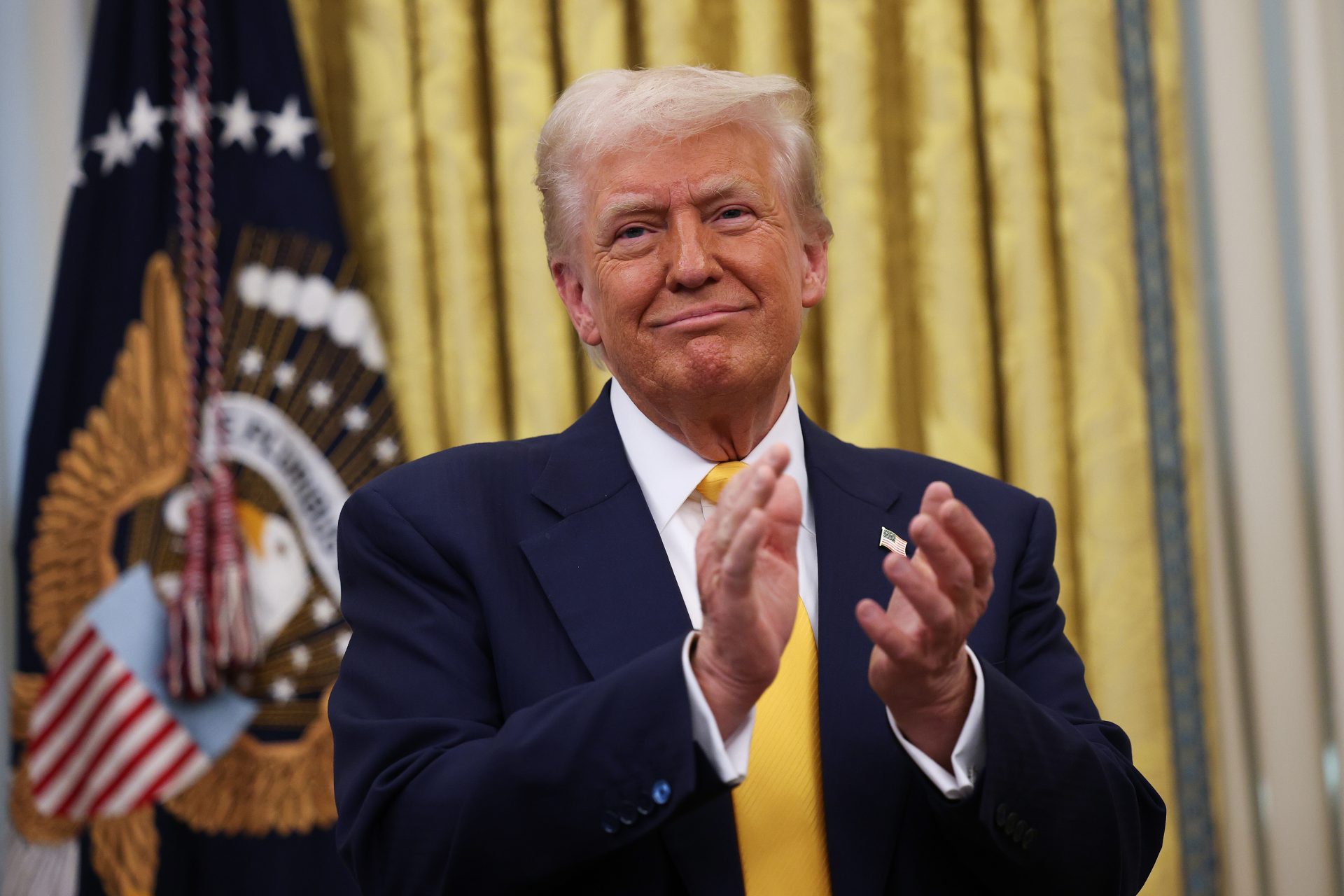European nations face division over Donald Trump's closeness to Russia
Donald Trump's recent statements and his willingness to negotiate peace in Ukraine directly with Russia, without involving Ukraine nor the EU, have taken the European continent by surprise
Between the aggressive stance of Vladimir Putin's Russia and the ever-increasing isolationism from Washington, Europe today finds itself facing threats that recall the days of the Cold War.
Facing this unprecedented and concerning situation, what is the position of the different European governments? Let's take a look.
As soon as the Trump-Putin talks were announced, French President Emmanuel Macron met with the main European leaders in Paris to discuss the situation in Ukraine and the security of the continent.
Although Macron ruled out sending French troops to fight in Ukraine on a live stream, he admitted that he was consdering “sending forces to guarantee peace once it is negotiated”.
“I am raising the alarm tonight because I am convinced that we are entering a new era”, continued Emmanuel Macron, as quoted by The Huffington Post, adding that all of Europe must increase its “war effort”.
Although the United Kingdom is no longer part of the European Union, Prime Minister Keir Starmer was invited to the Paris conference. According to the BBC, he said to be “ready and willing to deploy troops on the ground” in Ukraine.
In Germany, where general elections took place recently, the rupture of the transatlantic partnership has been shocking, since US support has been essential for the country since 1945.
Nevertheless, the spokesperson of the Christian Democratic Union, the leading party in the general elections, reaffirmed that Germany would be sending troops within an international coalition.
Asked about the possibility of German military support, the outgoing chancellor, Olaf Scholz, said that Ukraine was “still far from a ceasefire”, according to the German news outlet Frankfurter Rundschau.
It's no secret that Italian Prime Minister Georgia Meloni feels sympathy towards Donald Trump. Spanish newspaper El Pais reveals that she reluctantly attended the Paris summit and didn't care about Macron having the spotlight.
Unlike France, Italy, which faces a very limited military budget, is reluctant to send troops to Ukraine
Spanish Prime Minister Pedro Sanchez has also expressed doubts about sending armed forces to Ukraine.
Long wary of Moscow, Donald Tusk's Poland has seen recent events confirm its firm policy towards Russia.
Warsaw has increased its military budget for 2025 to 4.7 percent of the country's GDP, a higher level than any other NATO member country, including the United States.
Quoted by the French newspaper Liberation, Donald Tusk called on Europe to establish “an action plan concerning Ukraine and our security, failing would lead other global actors to decide our future.”
Also located on the Baltic Sea, Denmark is also planning to rearm. Relations between Copenhagen and Washington have deteriorated significantly since Donald Trump openly eyed Greenland.
“We must massively strengthen ourselves to protect Denmark. And we must massively rearm to avoid war”, Mette Frederiksen, the country's prime minister, told parliament, according to French newspaper Le Figaro.
As for the Baltic countries (Estonia, Latvia, Lithuania), they are already preparing for a Russian invasion. Their small size and proximity to Russia make them Moscow's next likely target after Ukraine.
“Although the transatlantic connection has not yet collapsed, we have the feeling that it is seriously damaged”, worries Maris Andzans, director of the Center for Geopolitical Studies in Riga, Latvia, as quoted by France 24.
On the other side of the spectrum, Viktor Orban's Hungary and Robert Fico's Slovakia maintain their pro-Kremlin position while trying to curry favor with Donald Trump. This has been the cause of many headaches to other European governments.
At the EU level, EU foreign policy chief Kaja Kallas said it best: “If a deal is done behind our backs, it simply won't work”, Euronews reported.
Will European states be able to overcome their divisions to form an autonomous force between Washington and Moscow? Faced with the existential threat to their security, it is more urgent than ever to move from words to actions!
More for you
Top Stories



